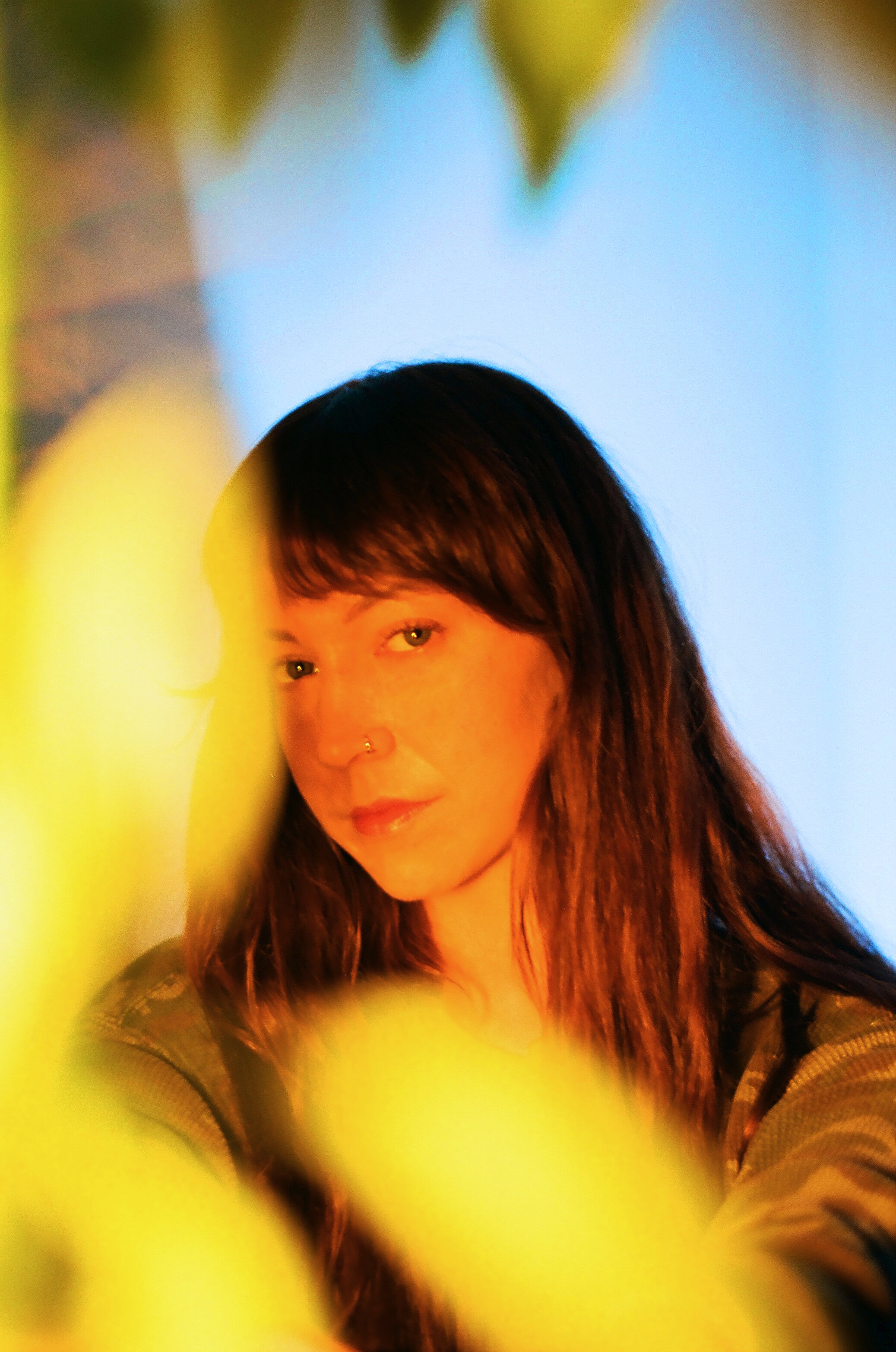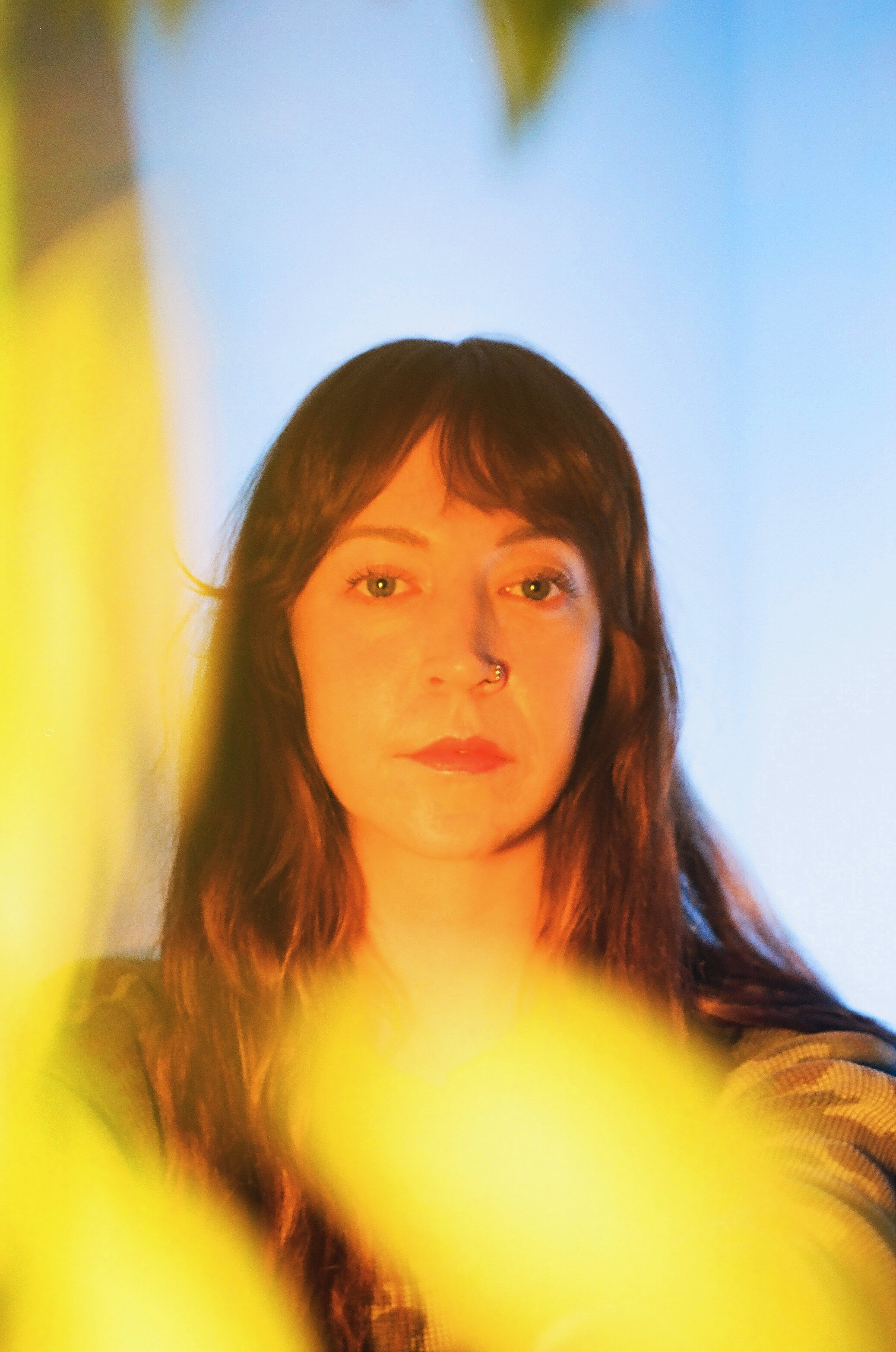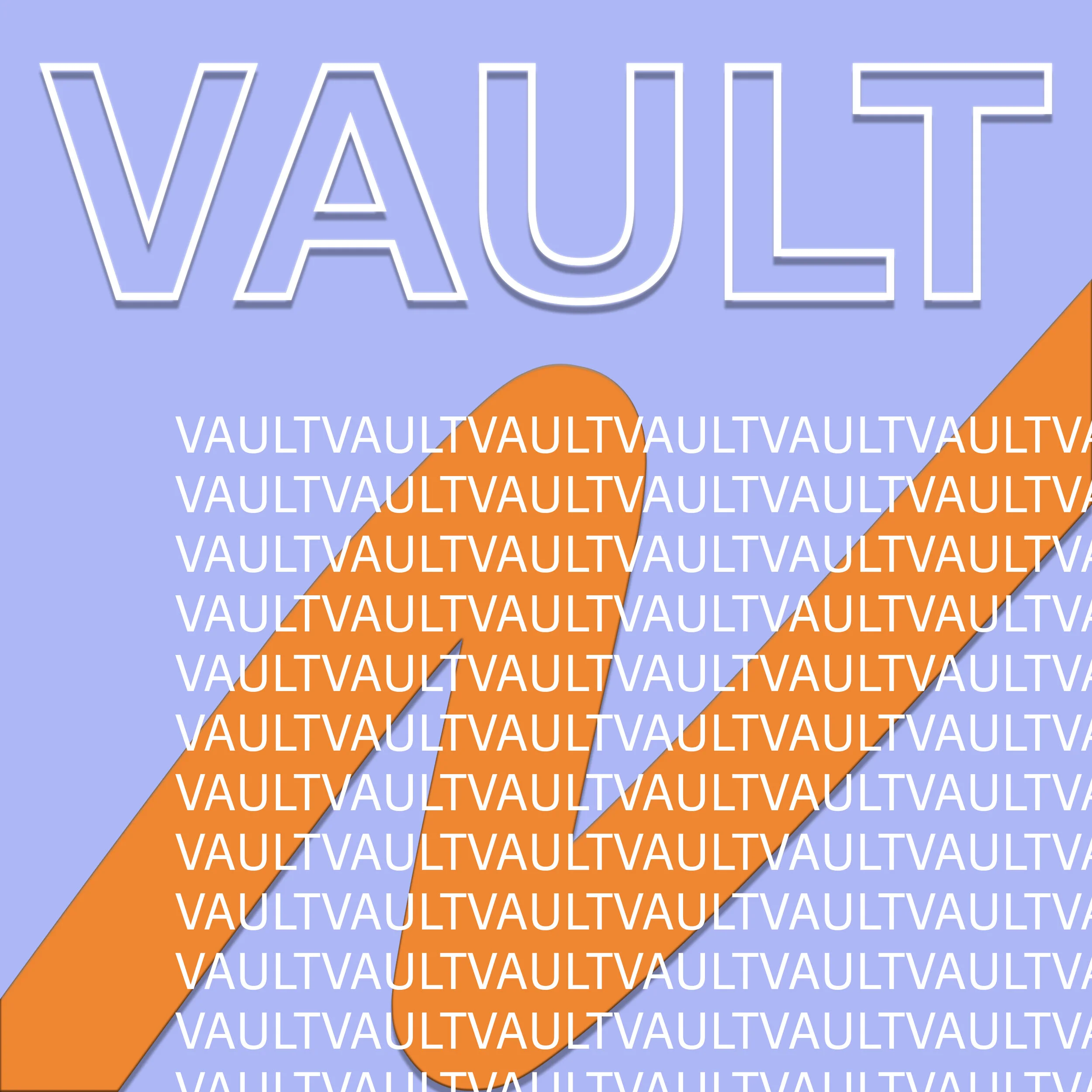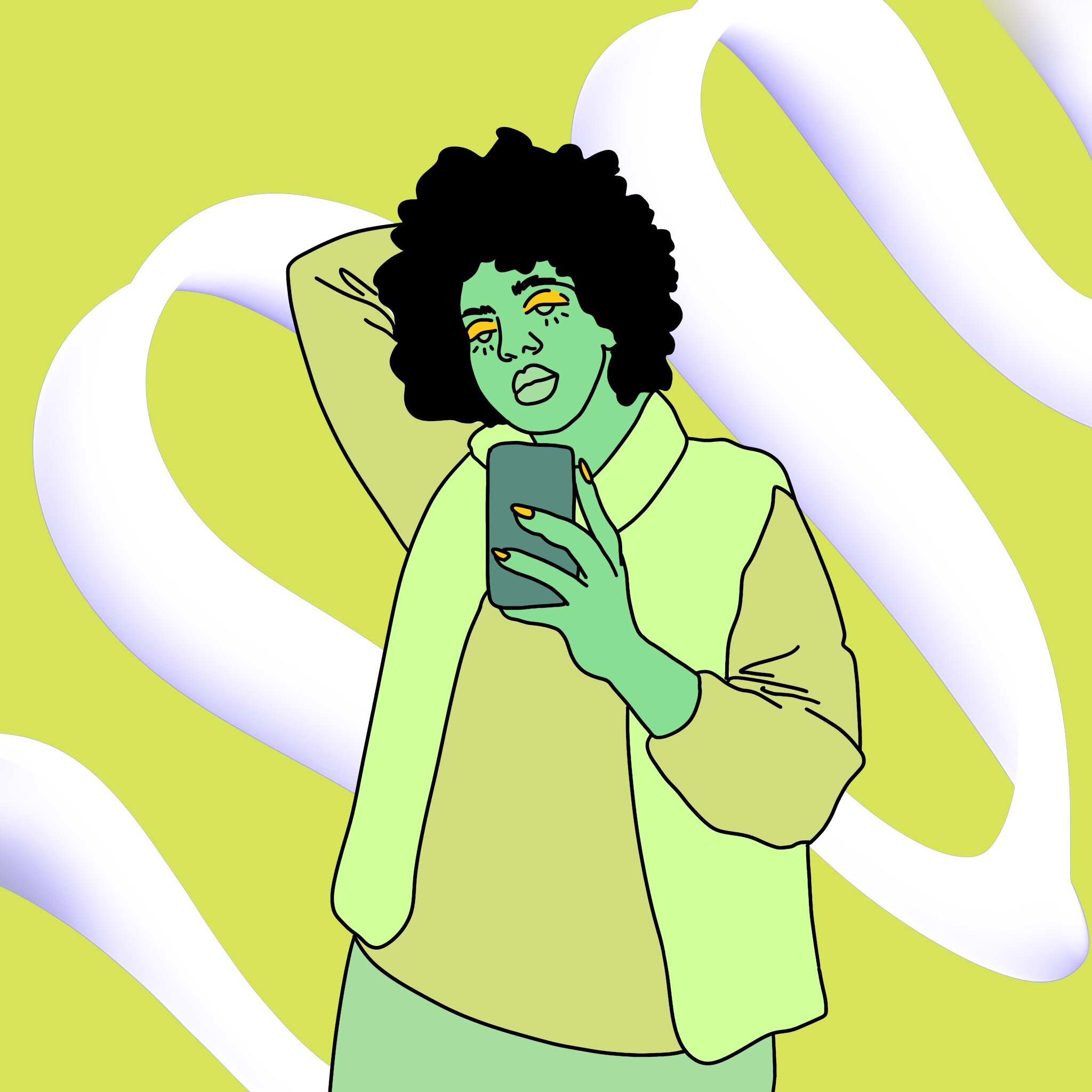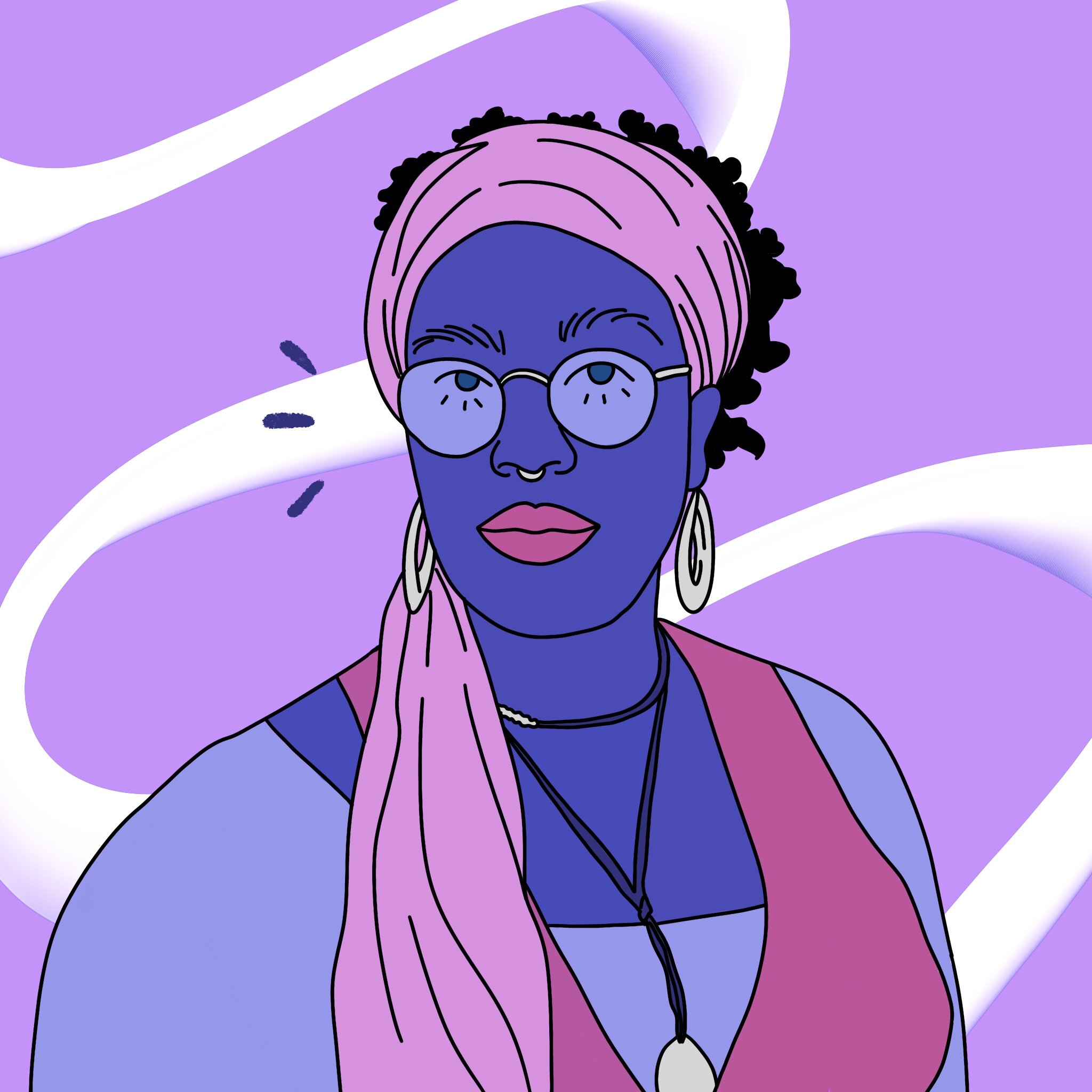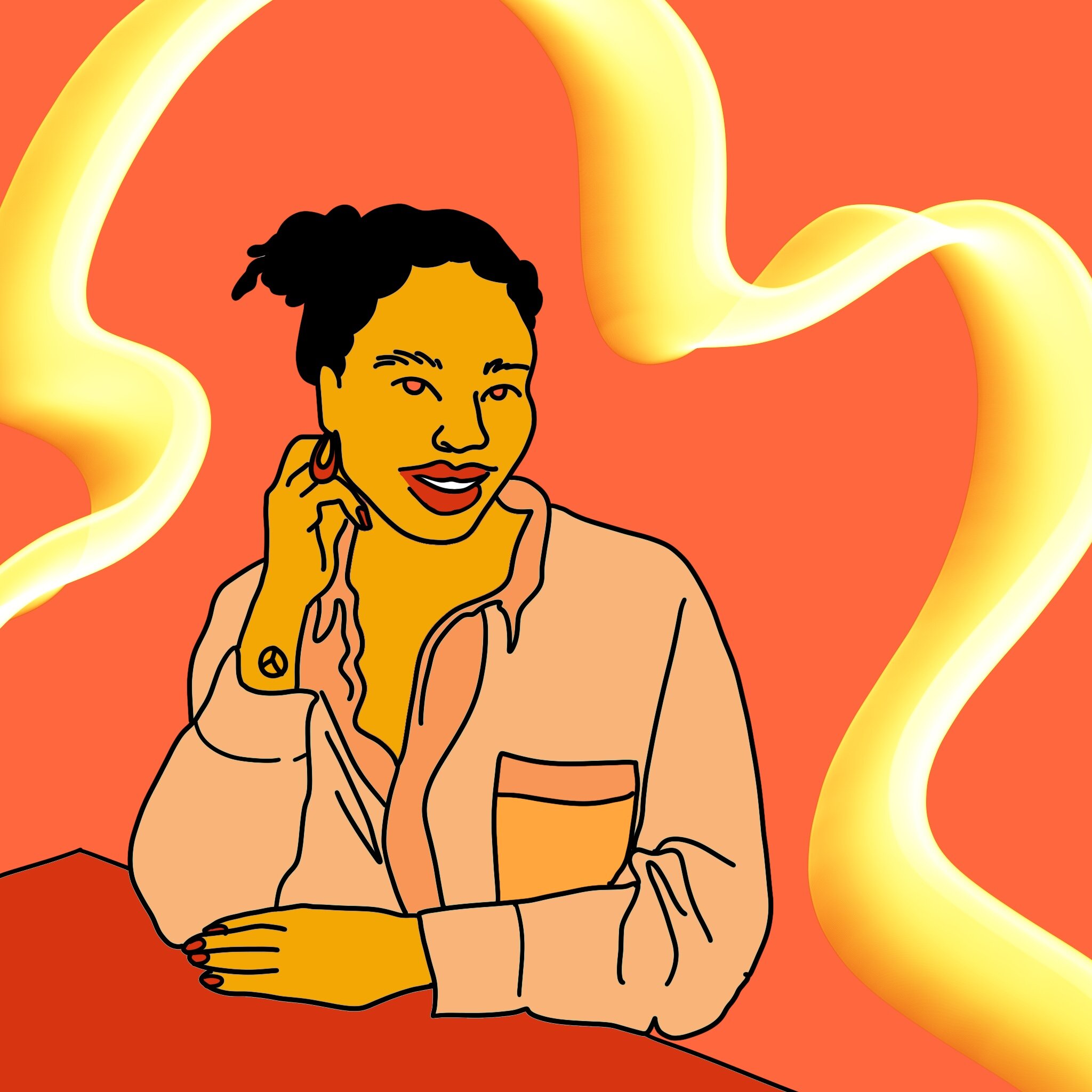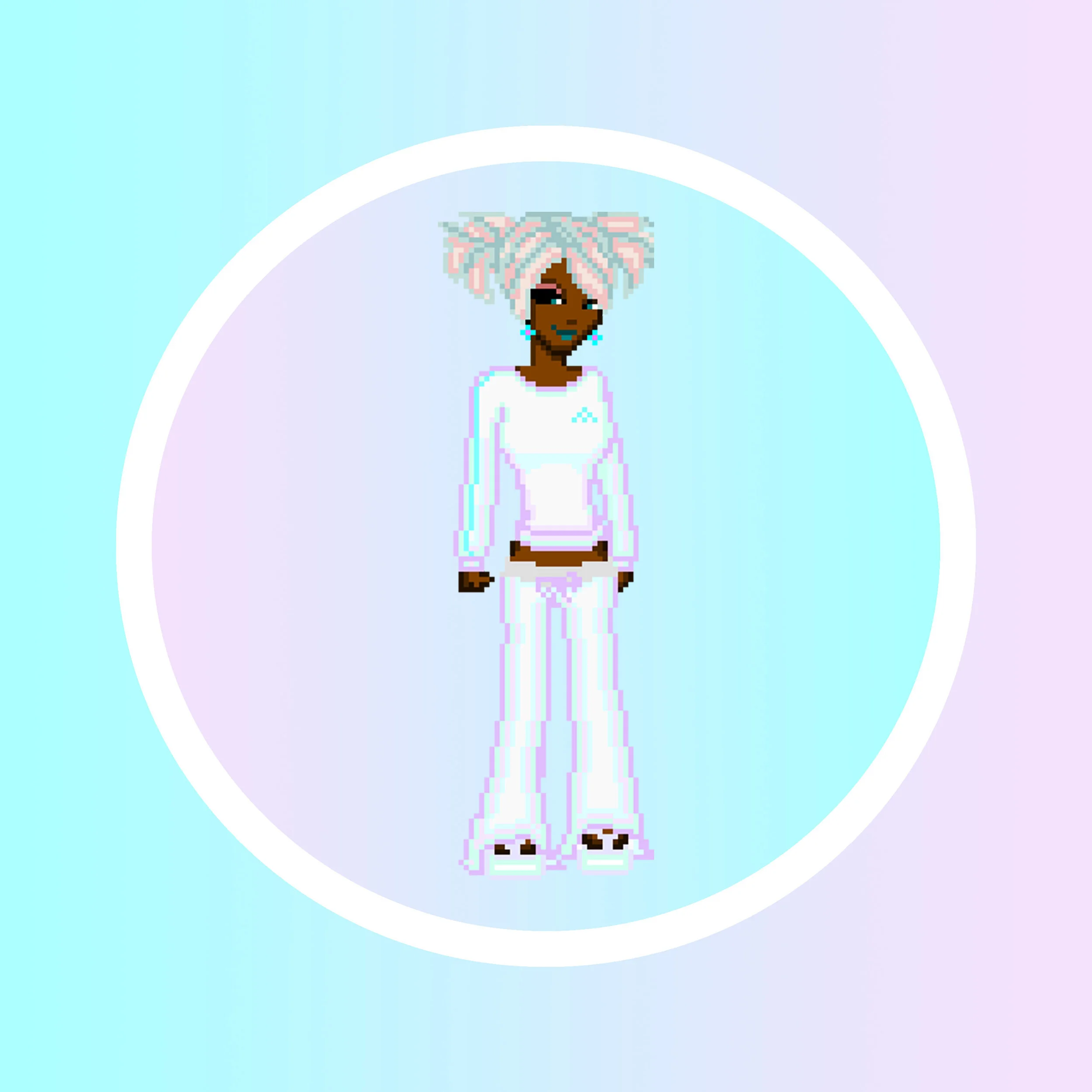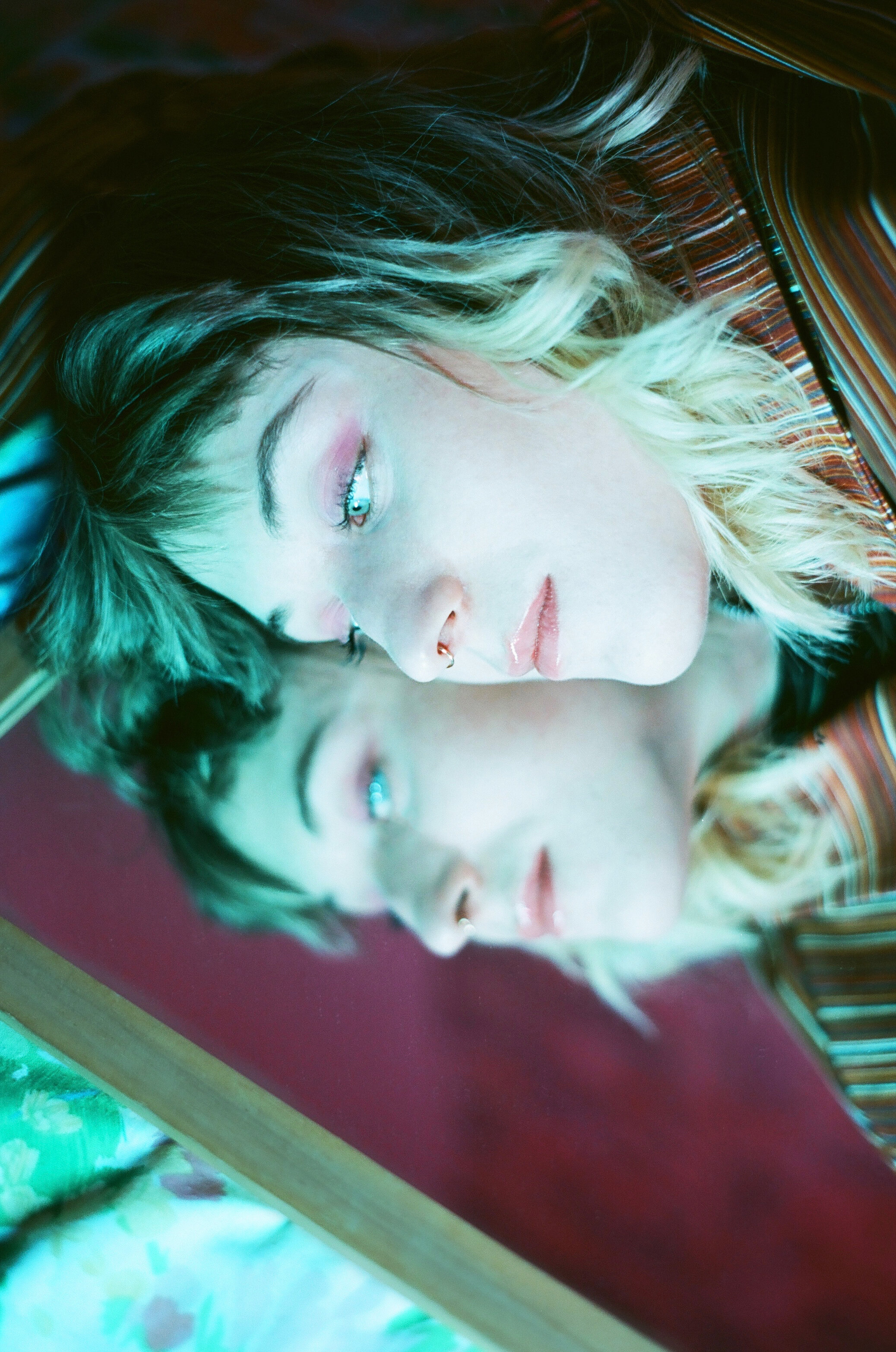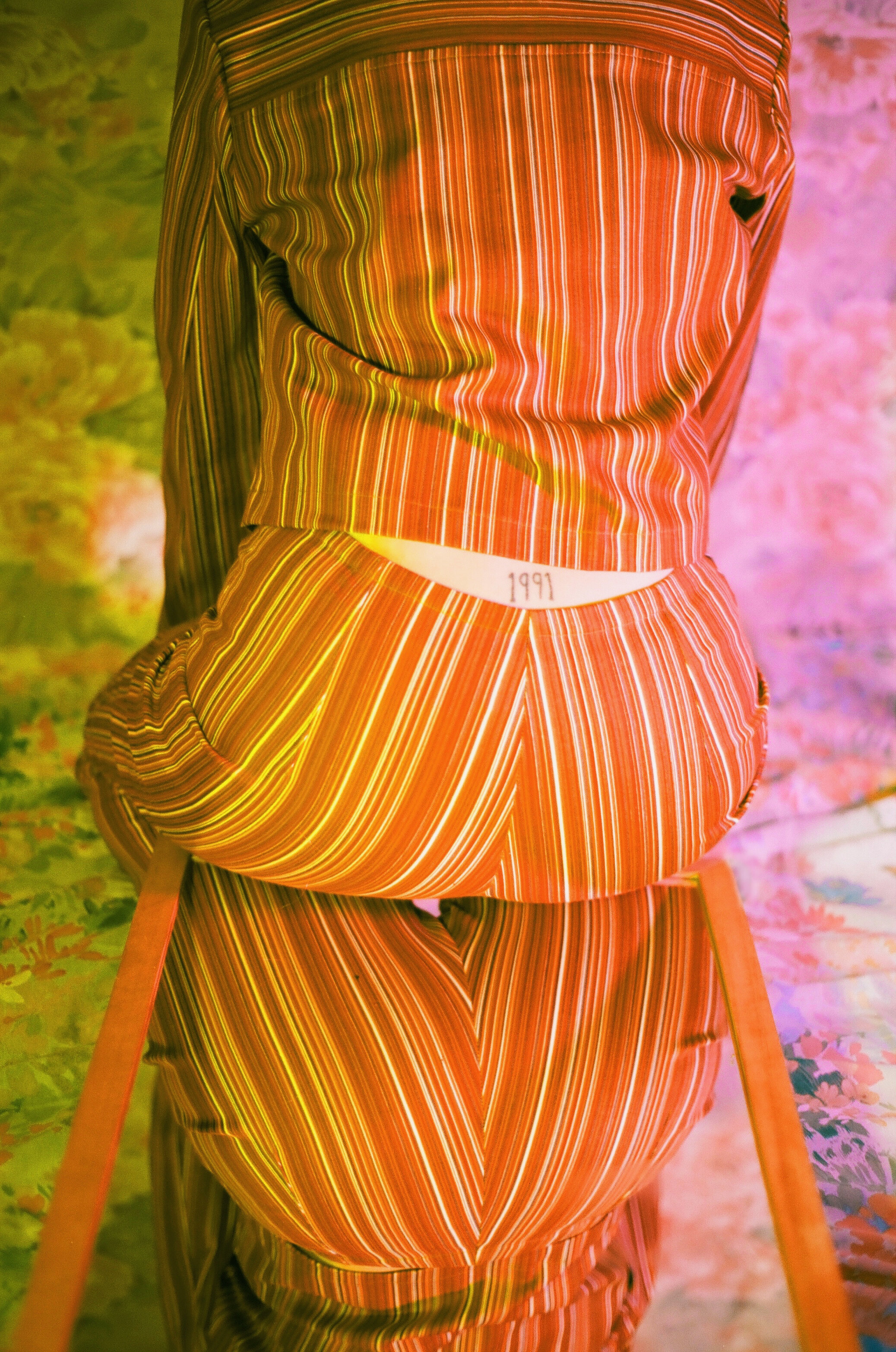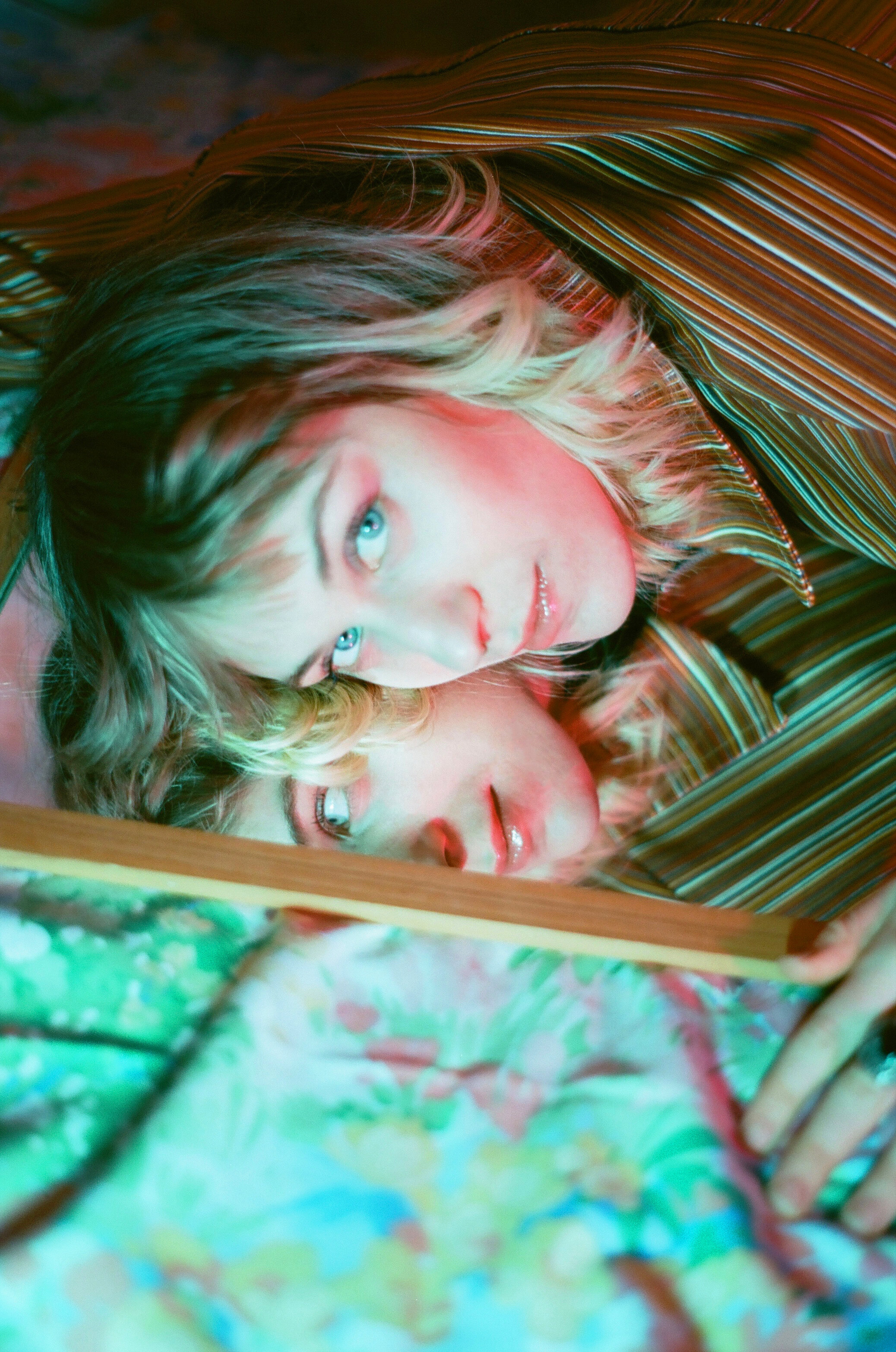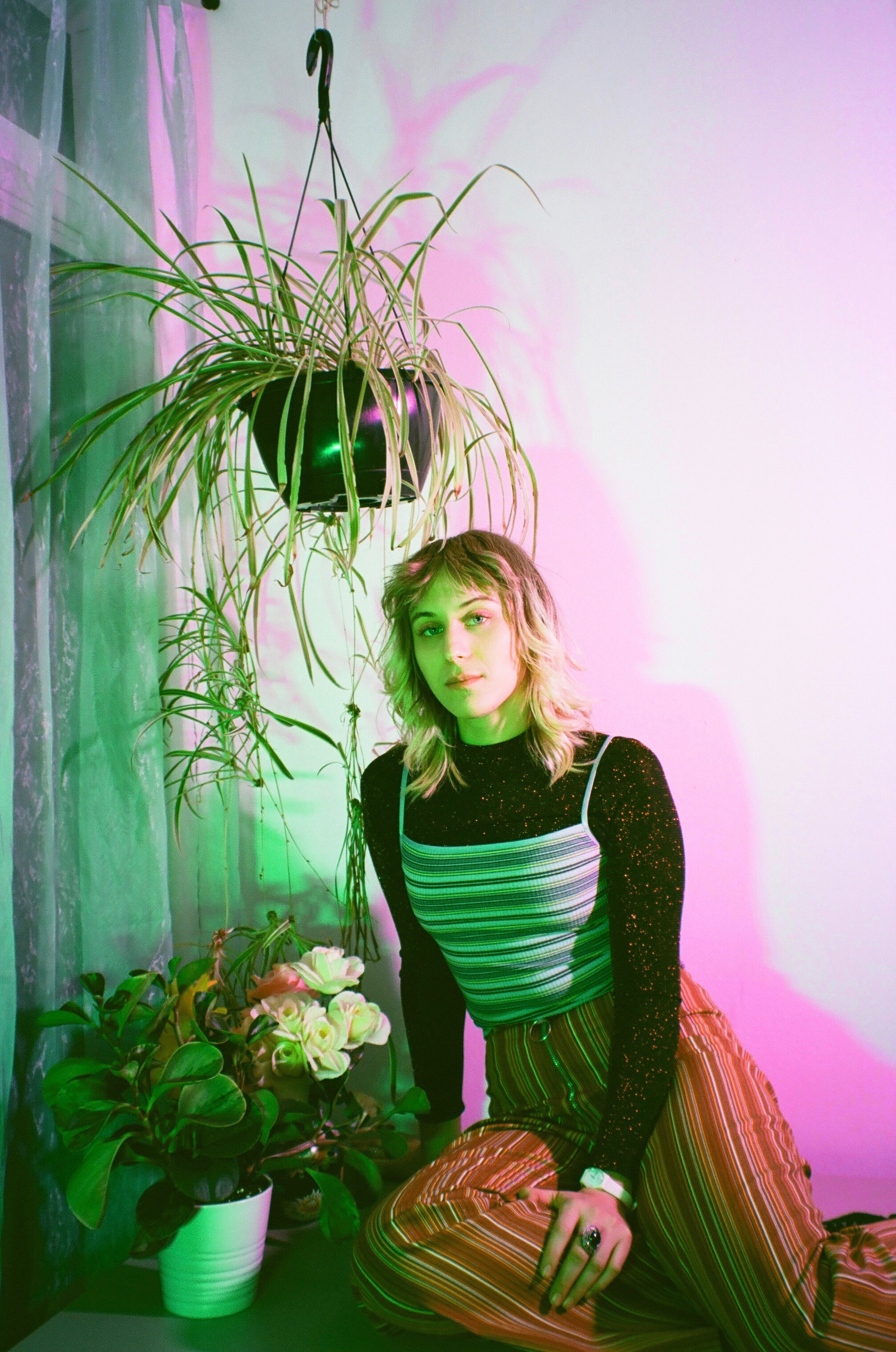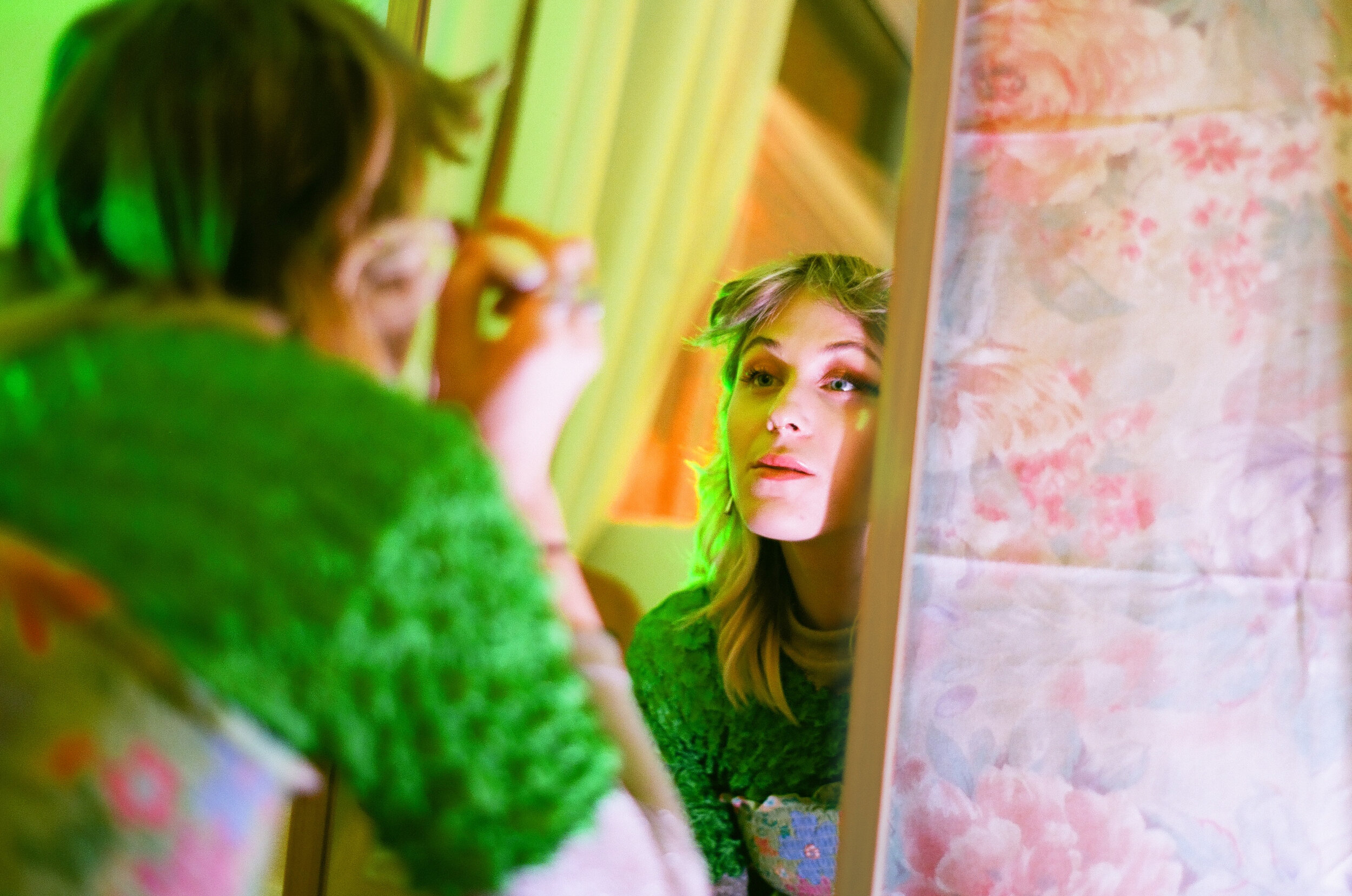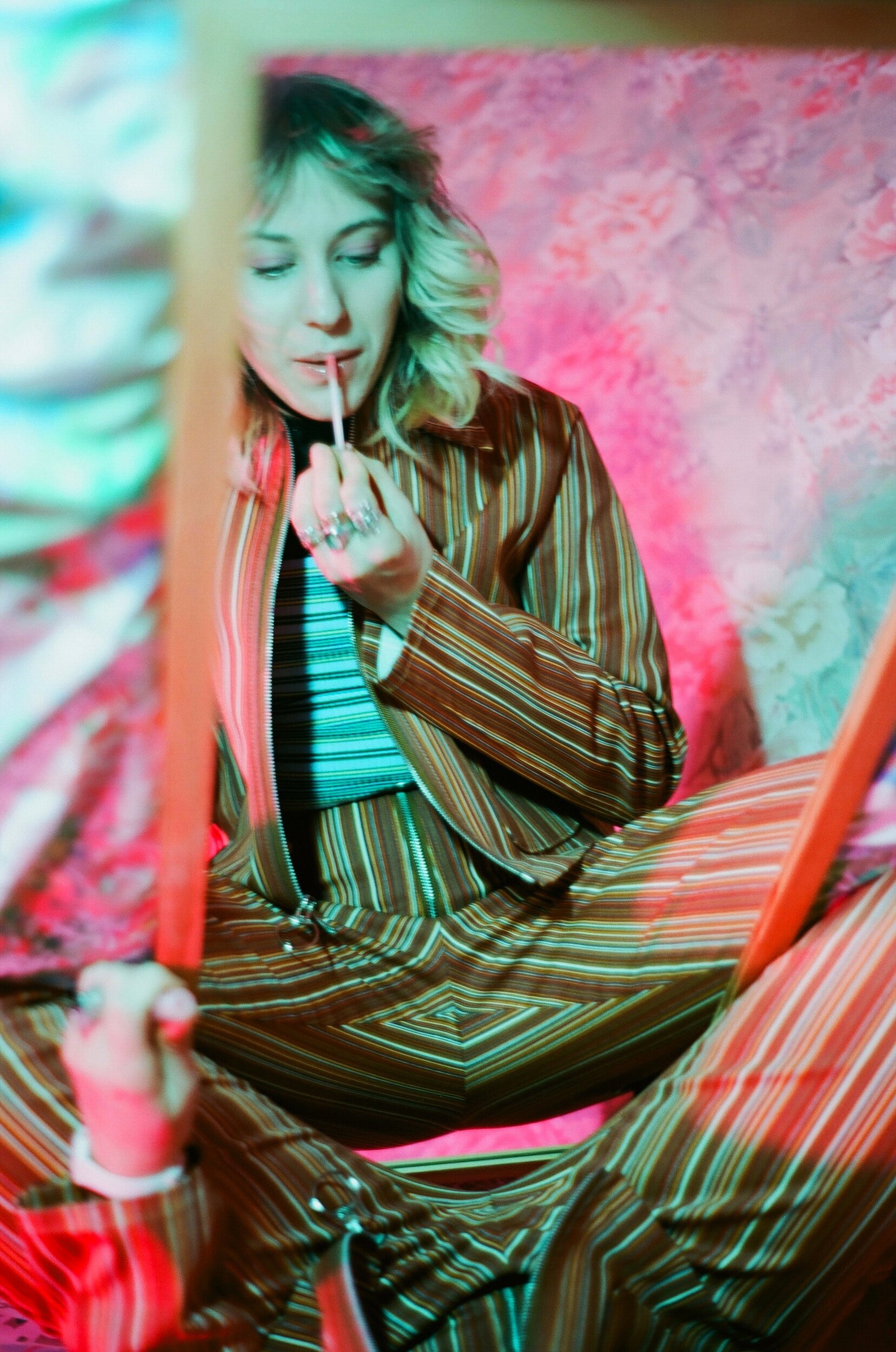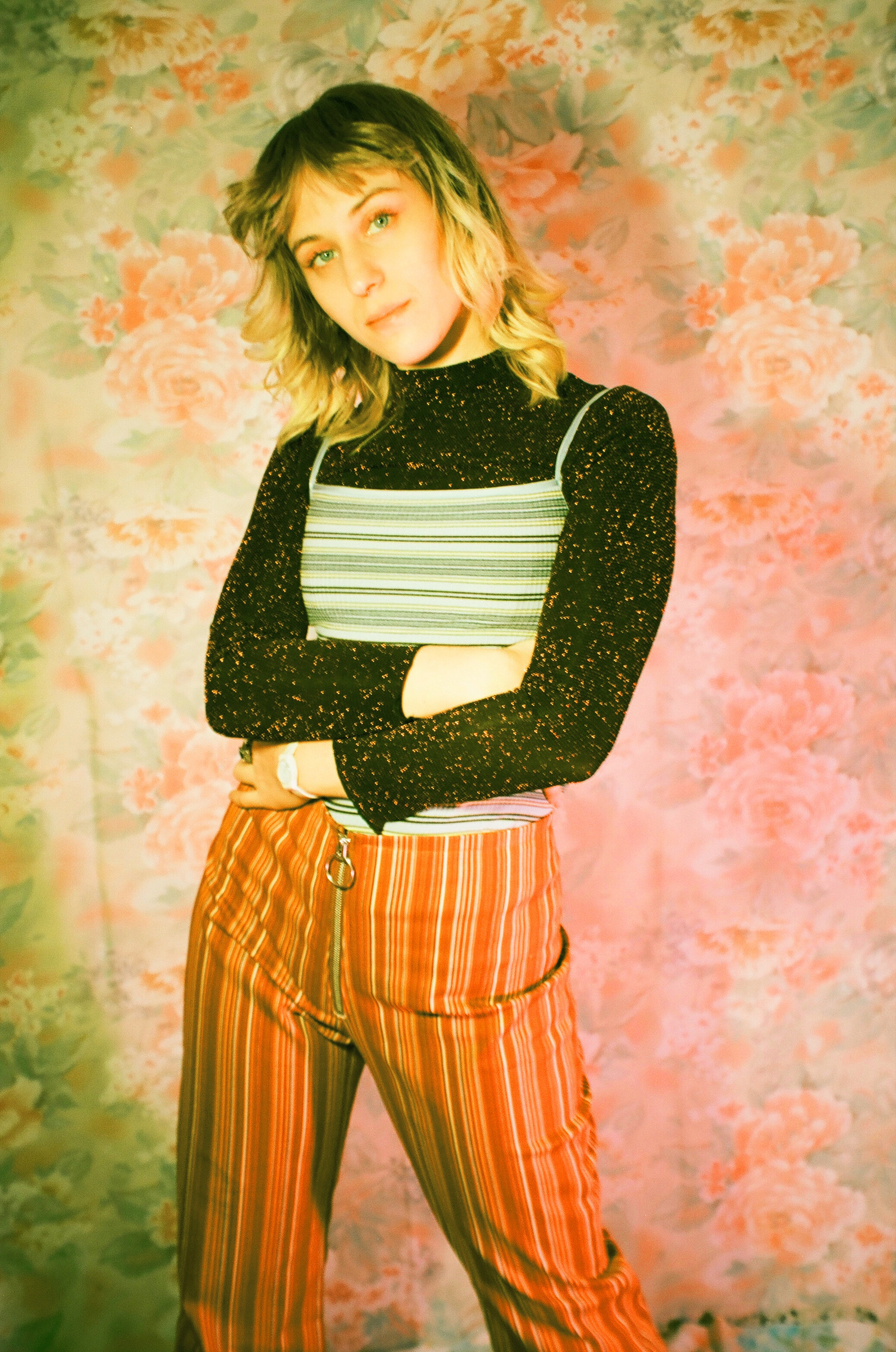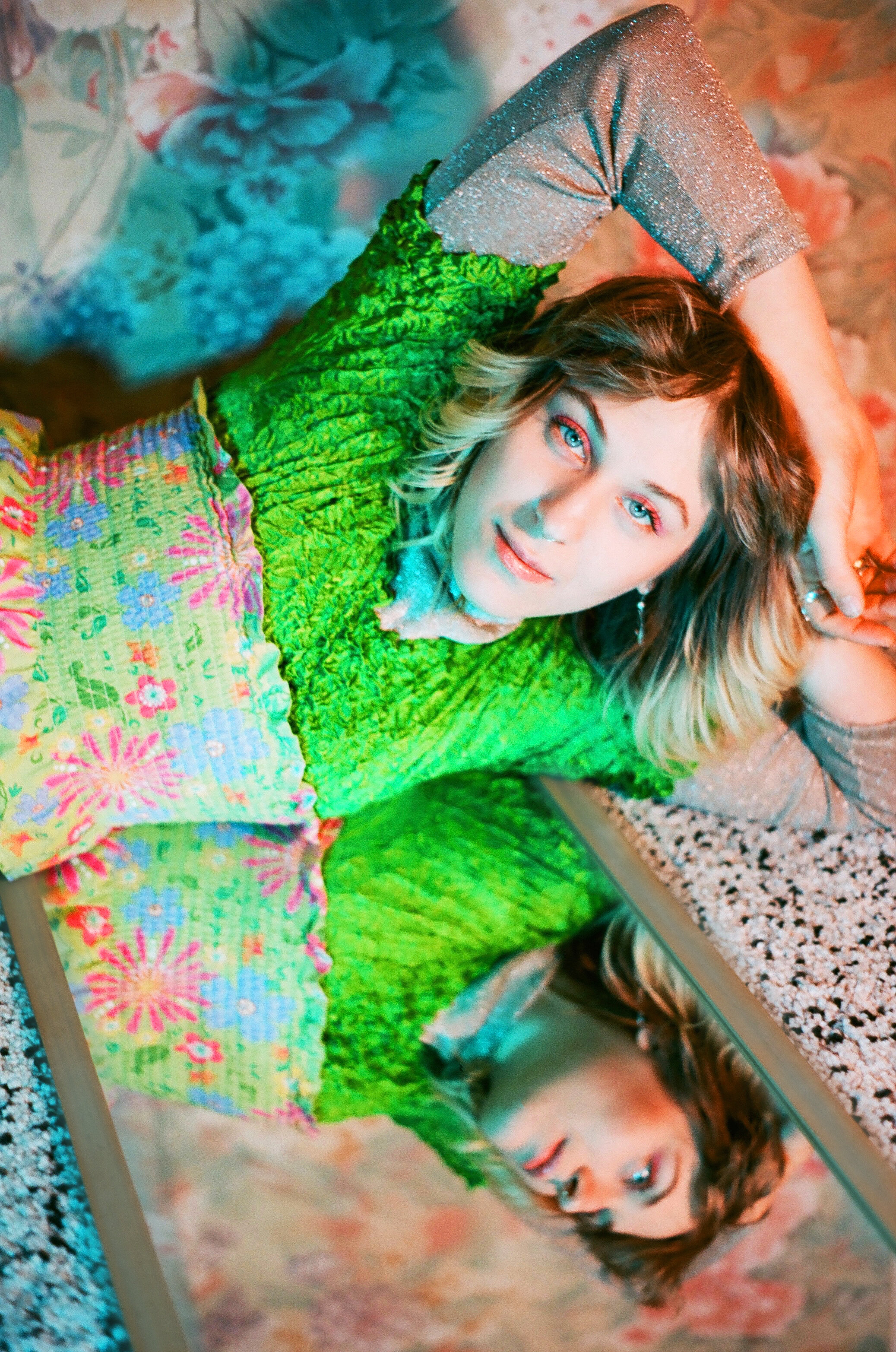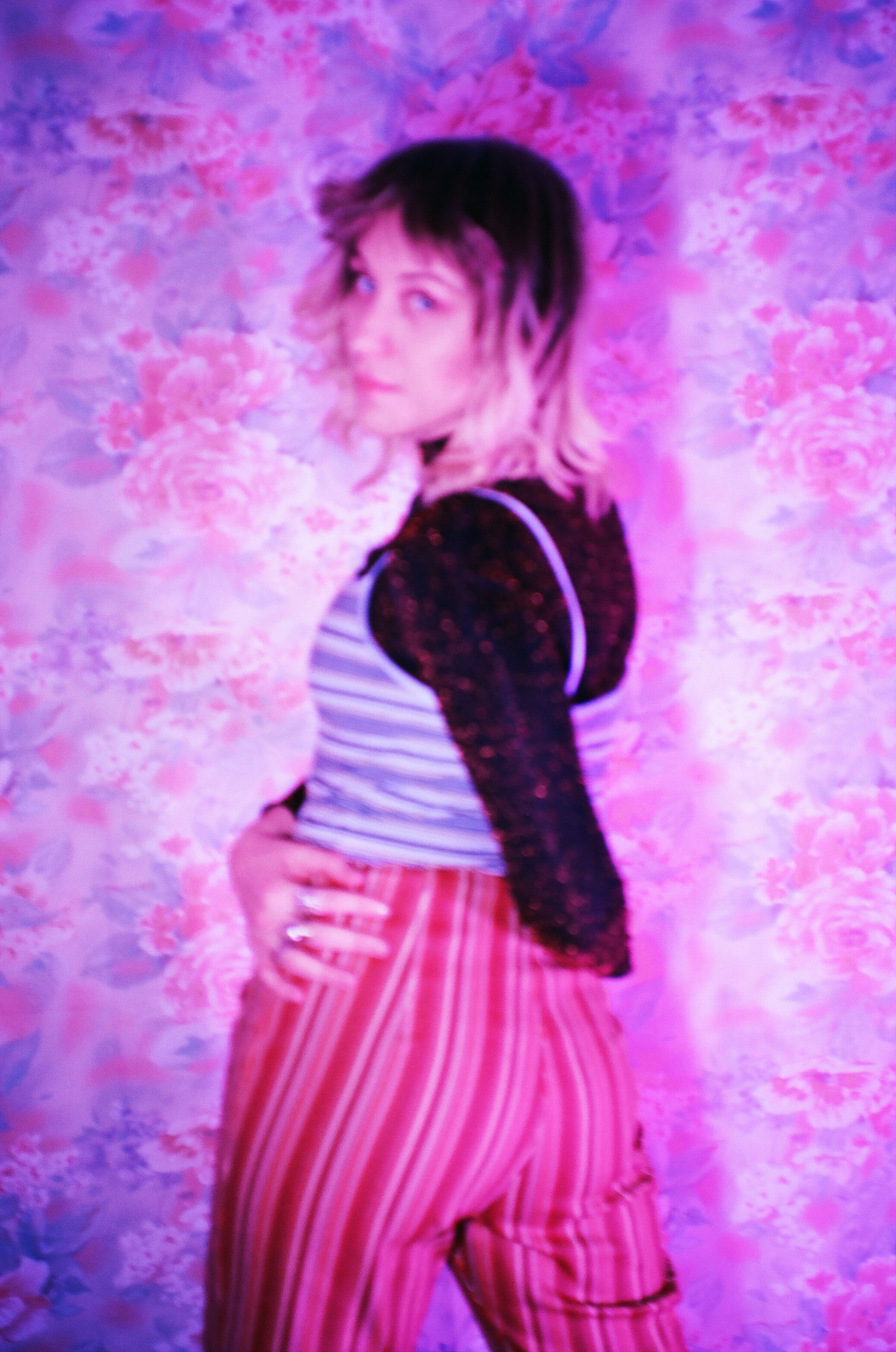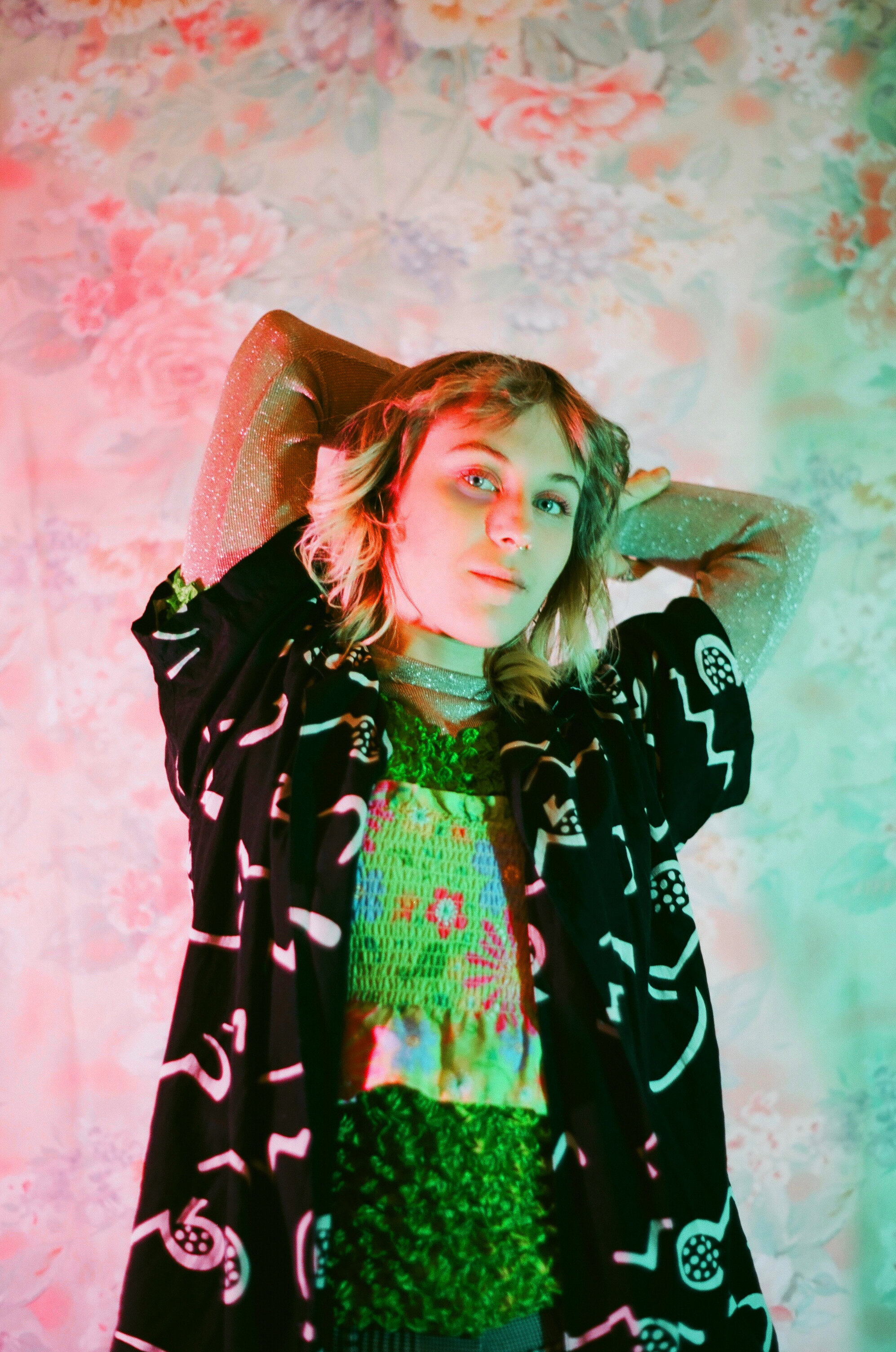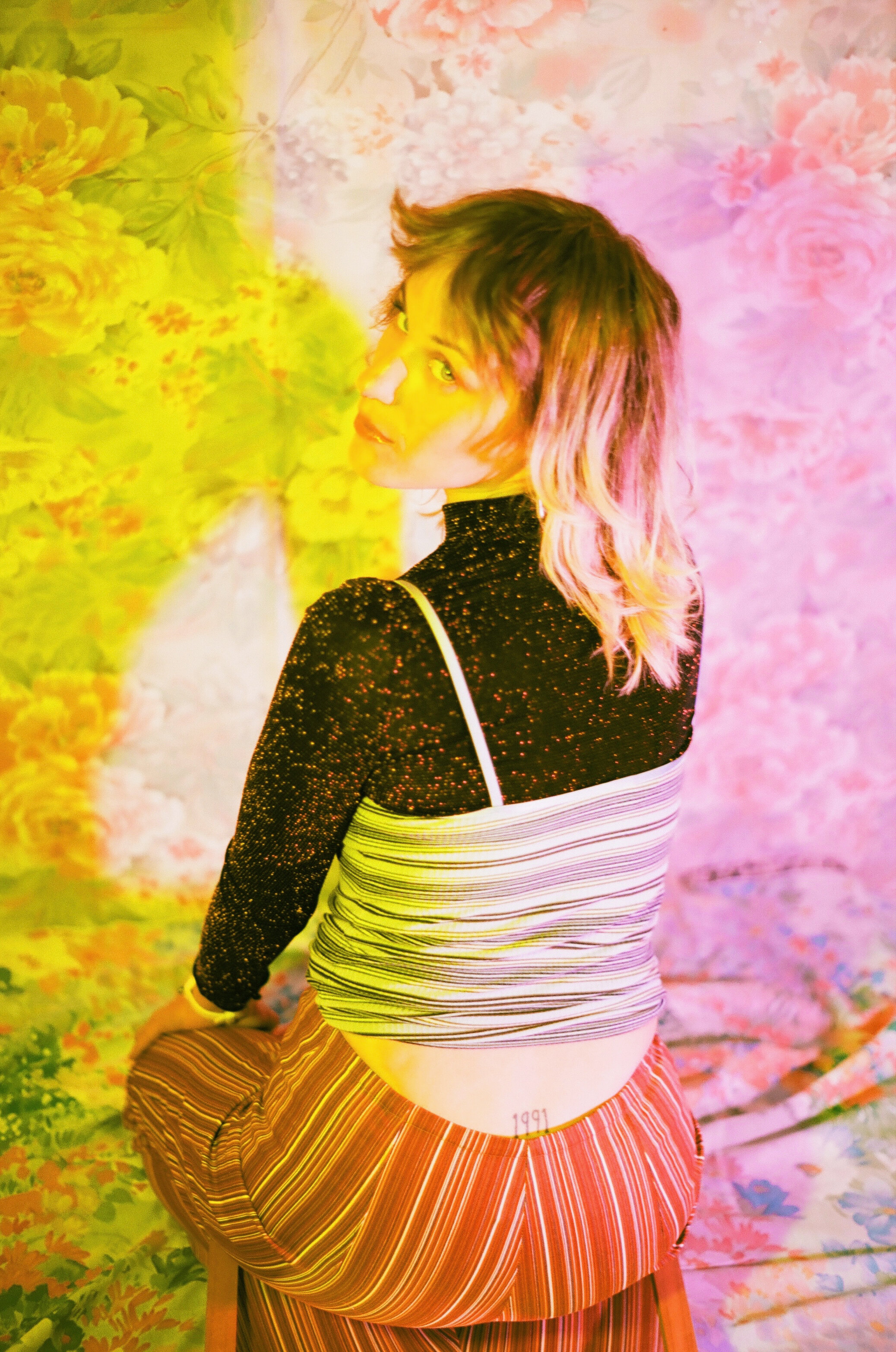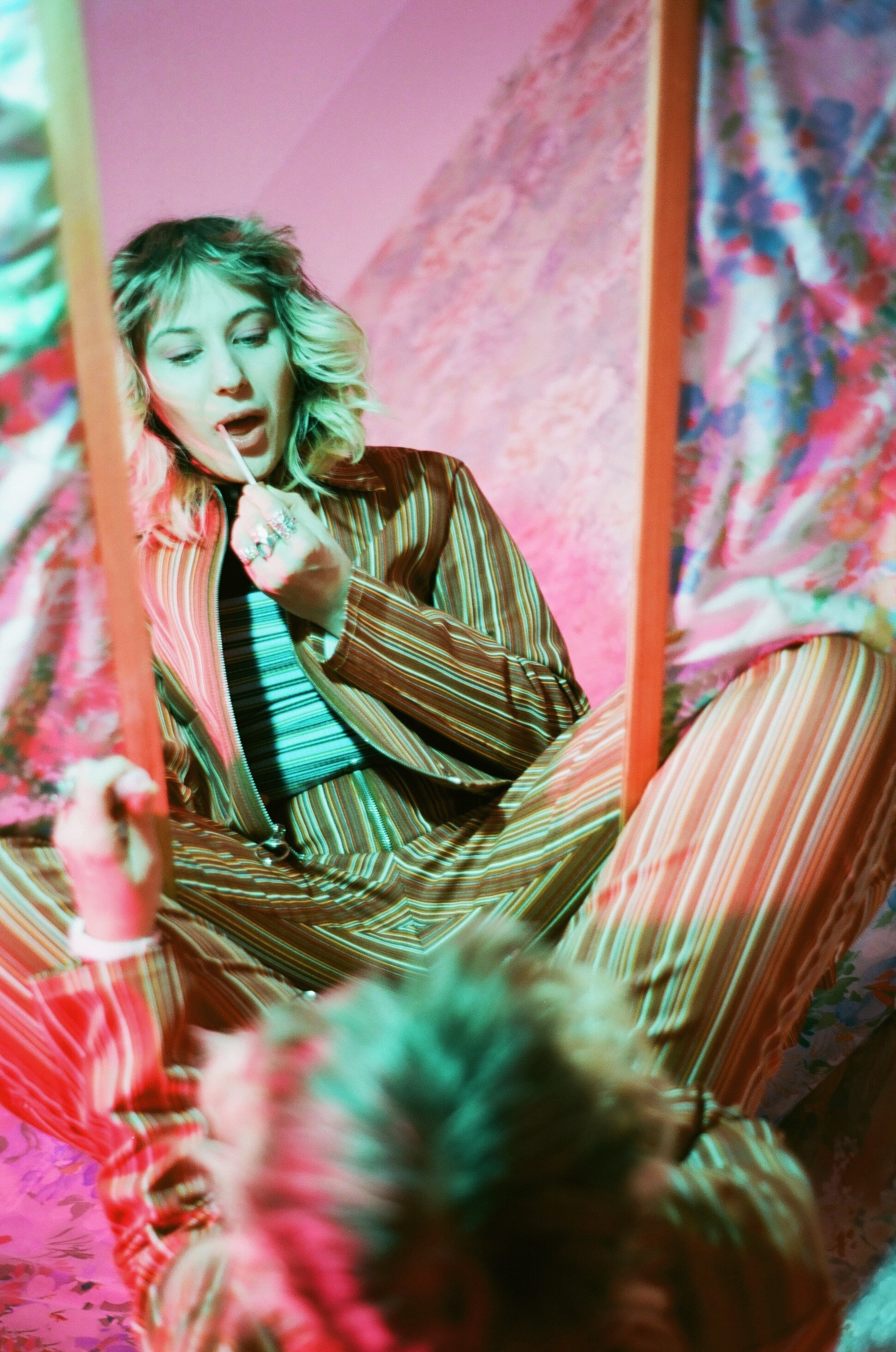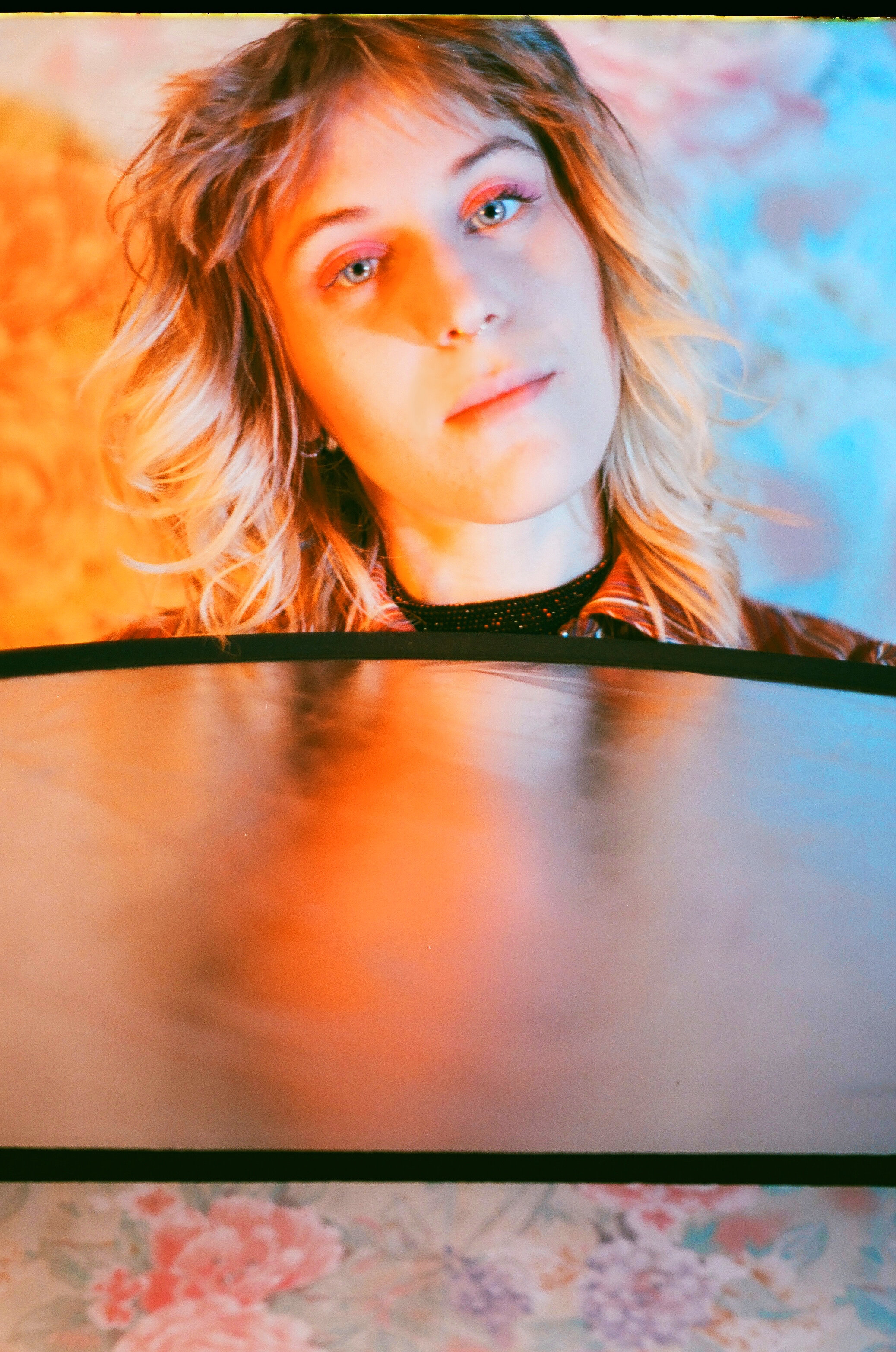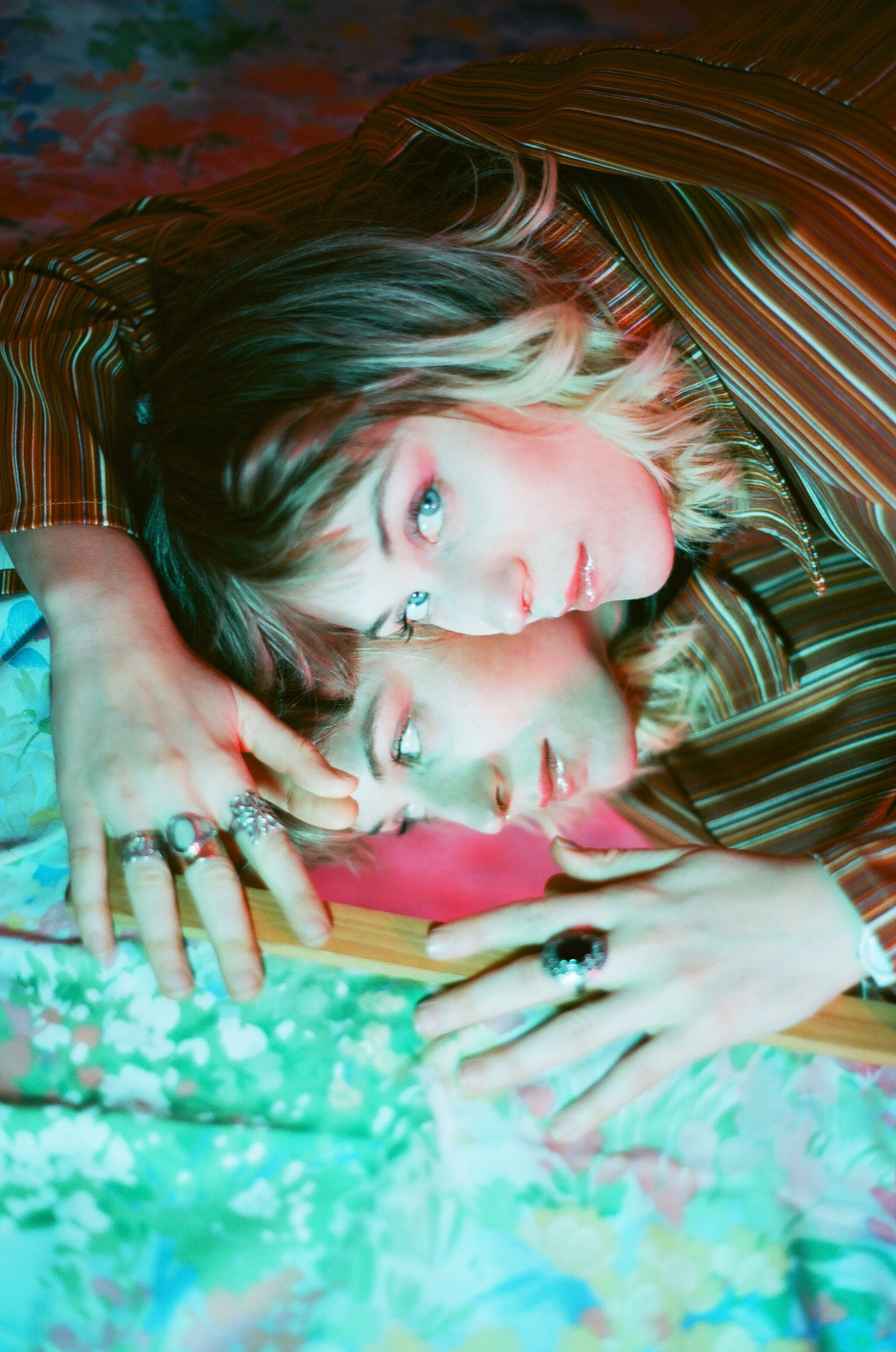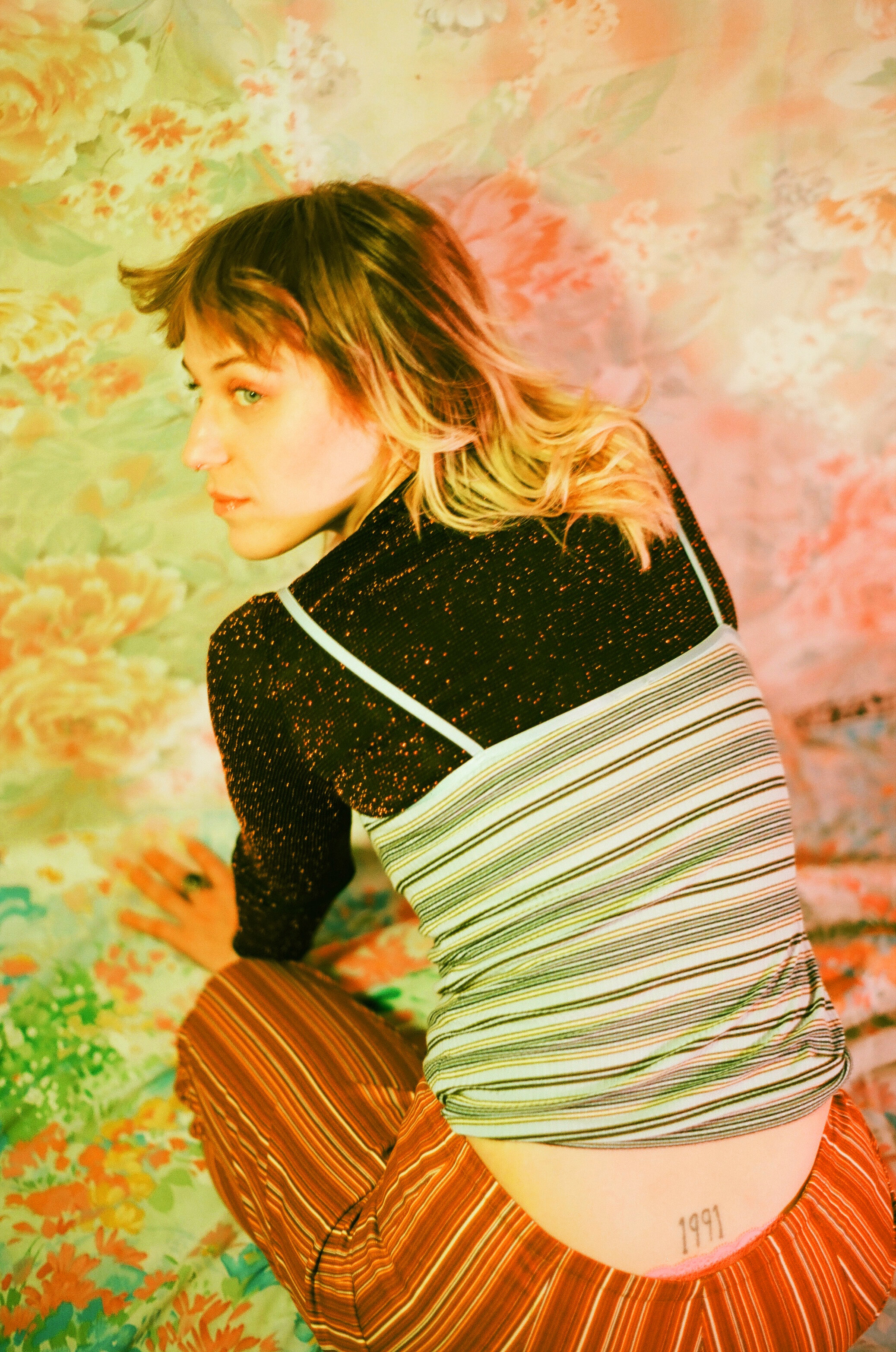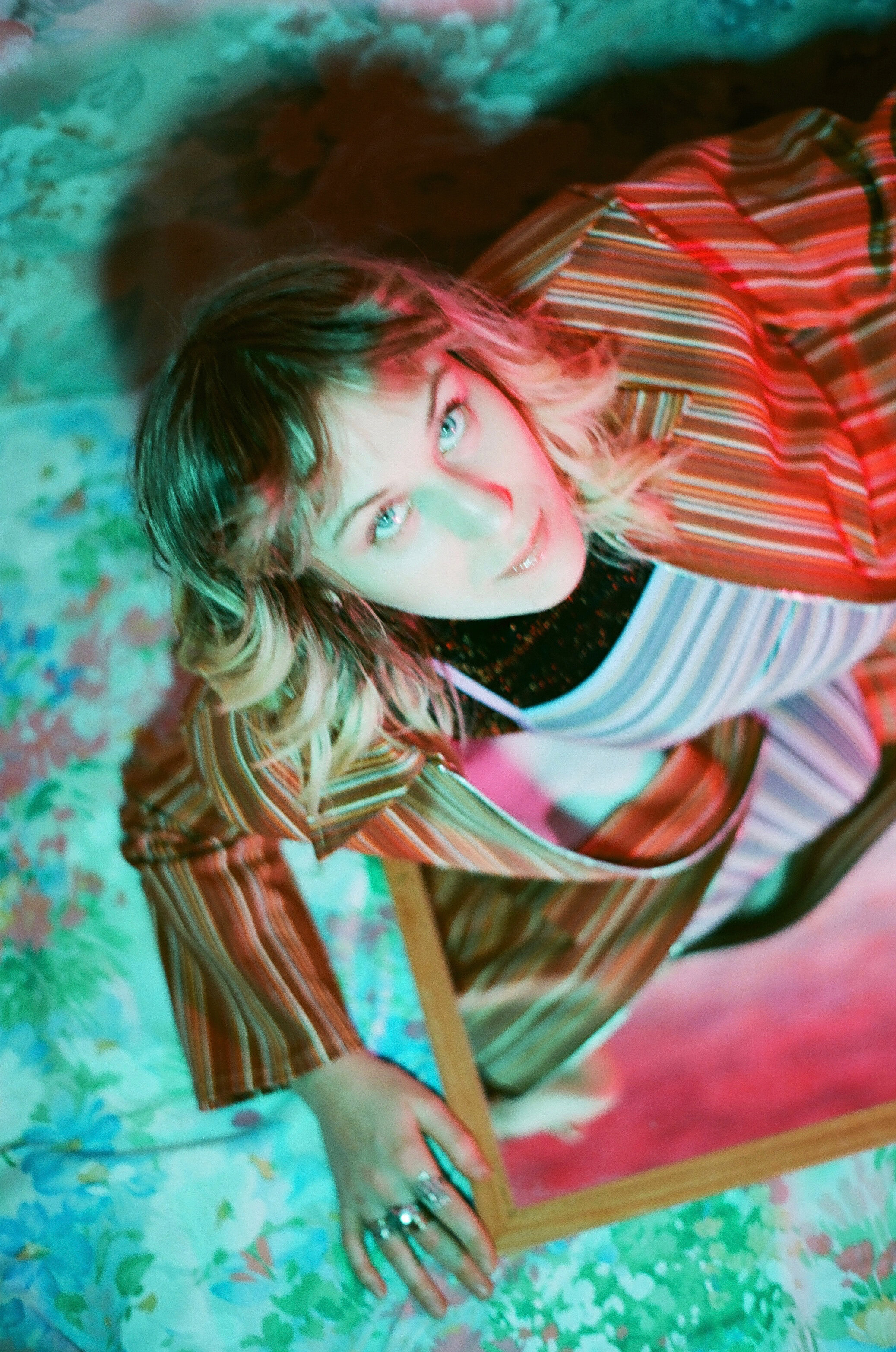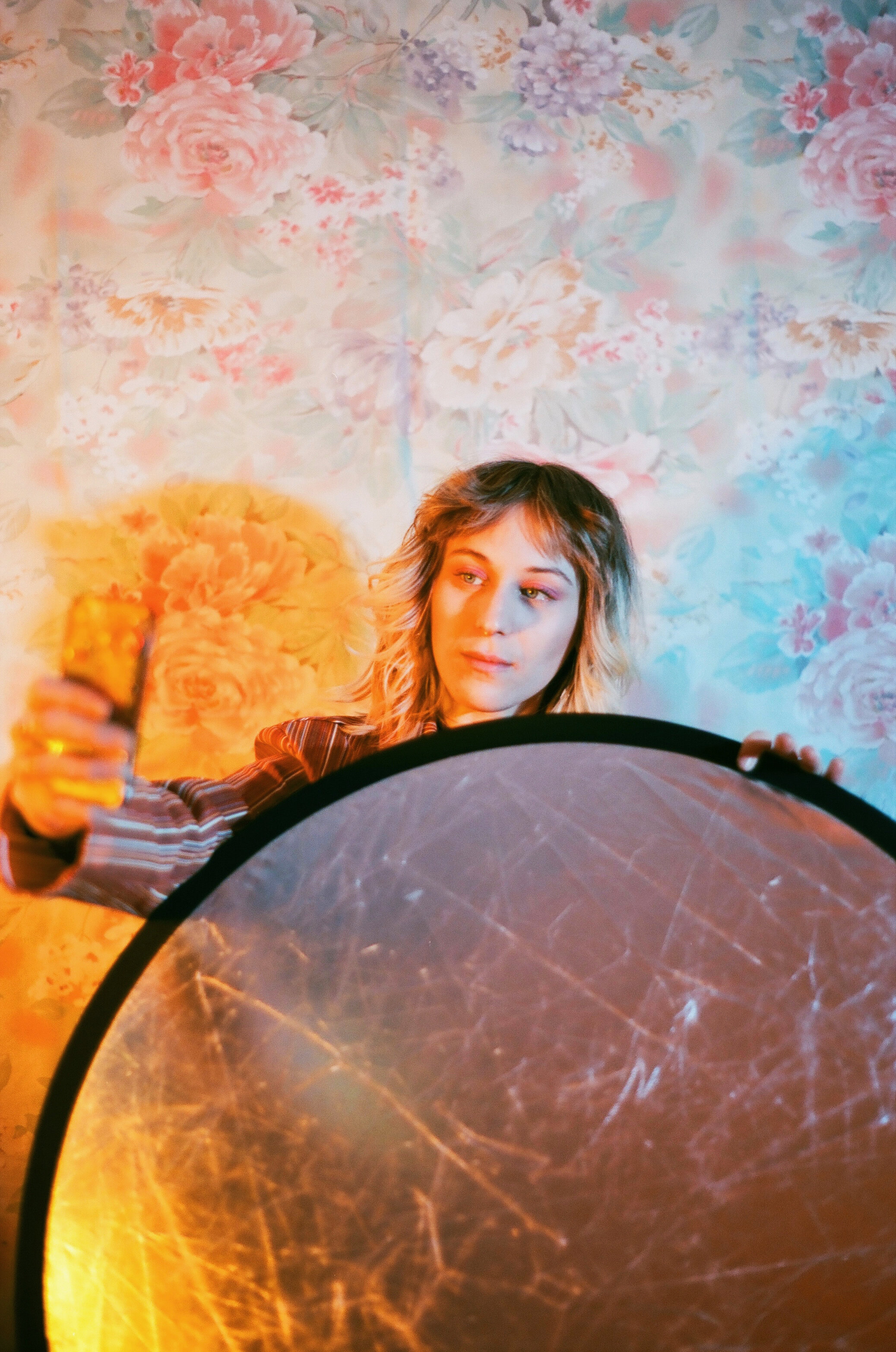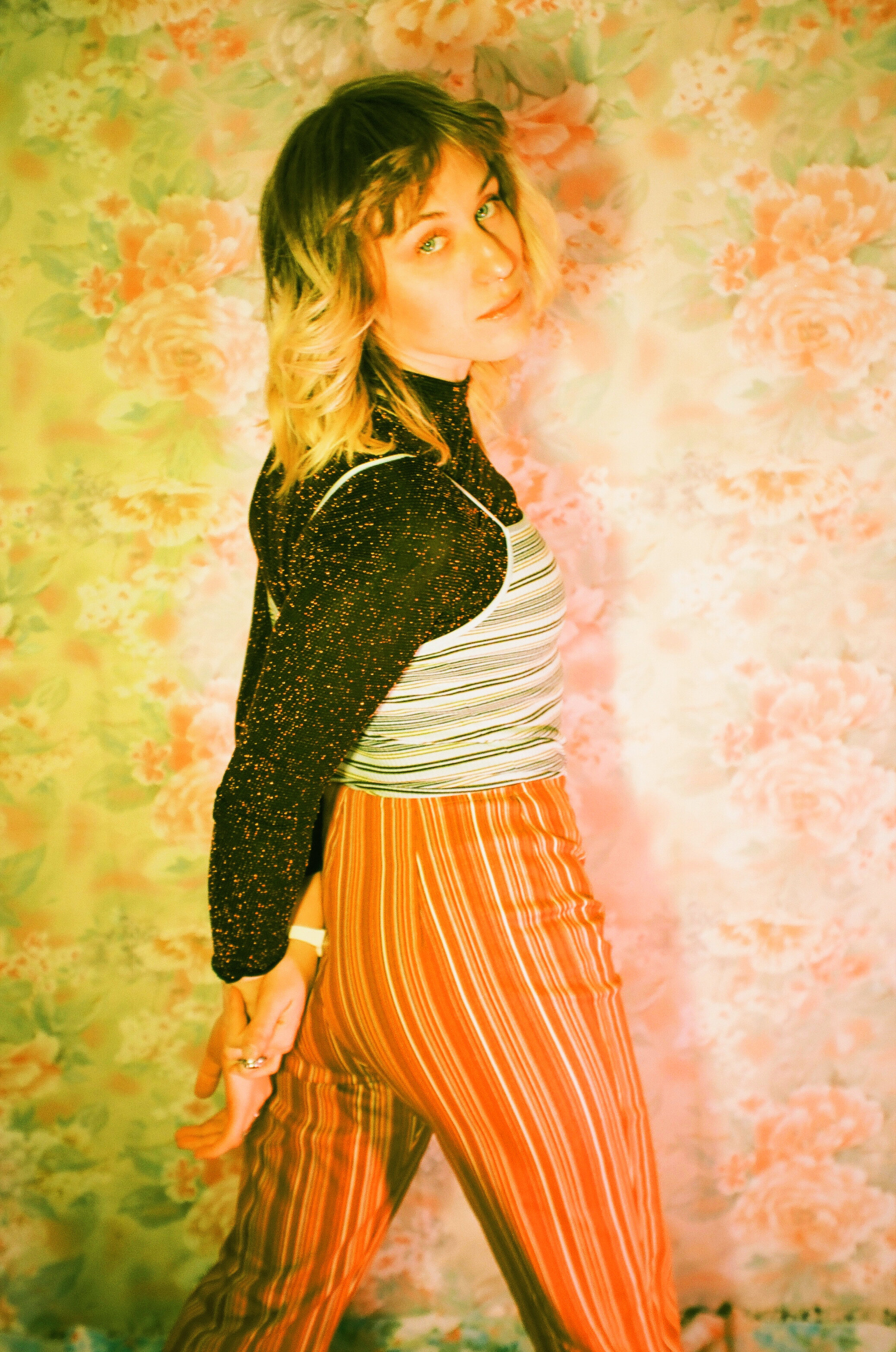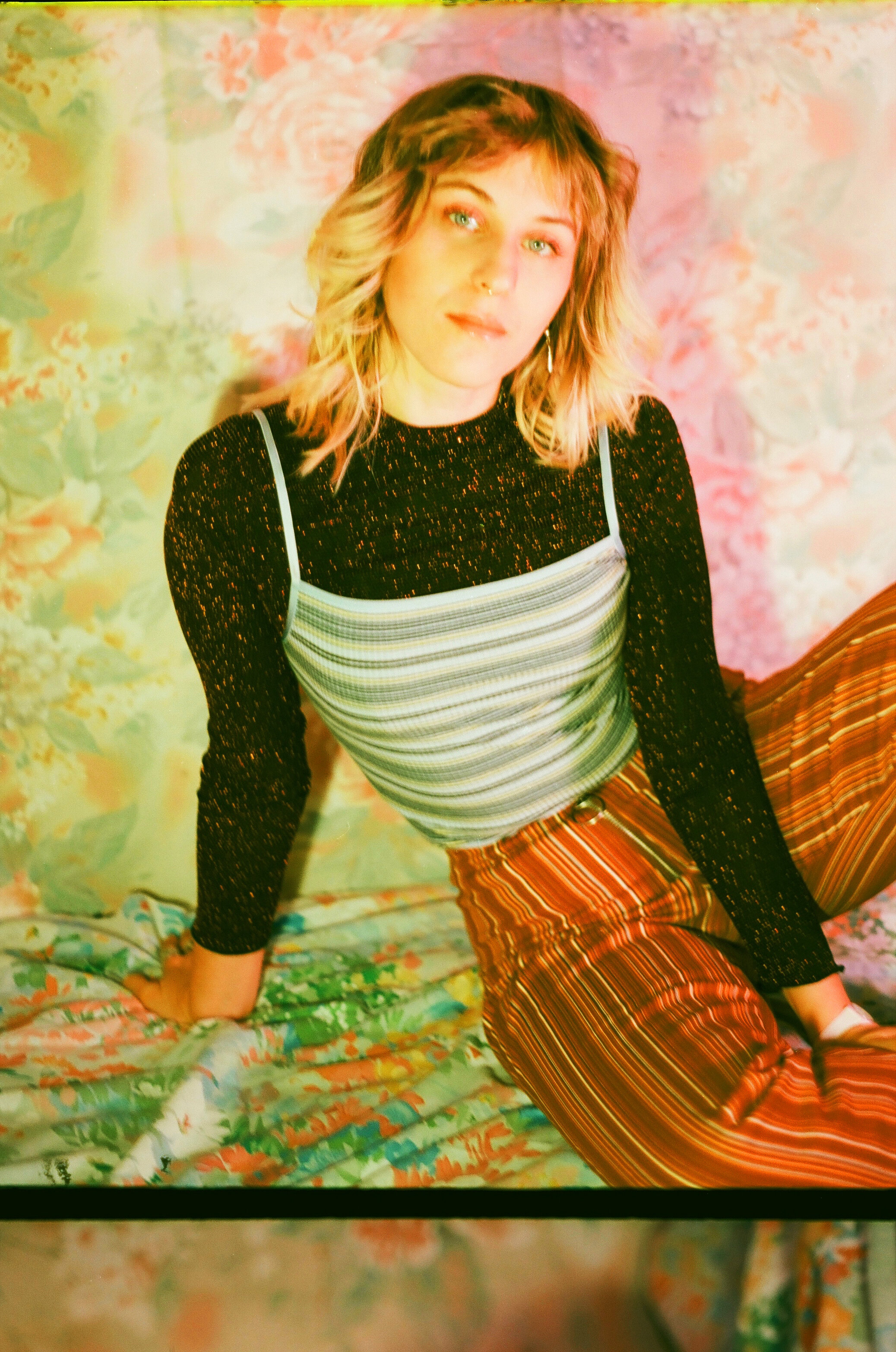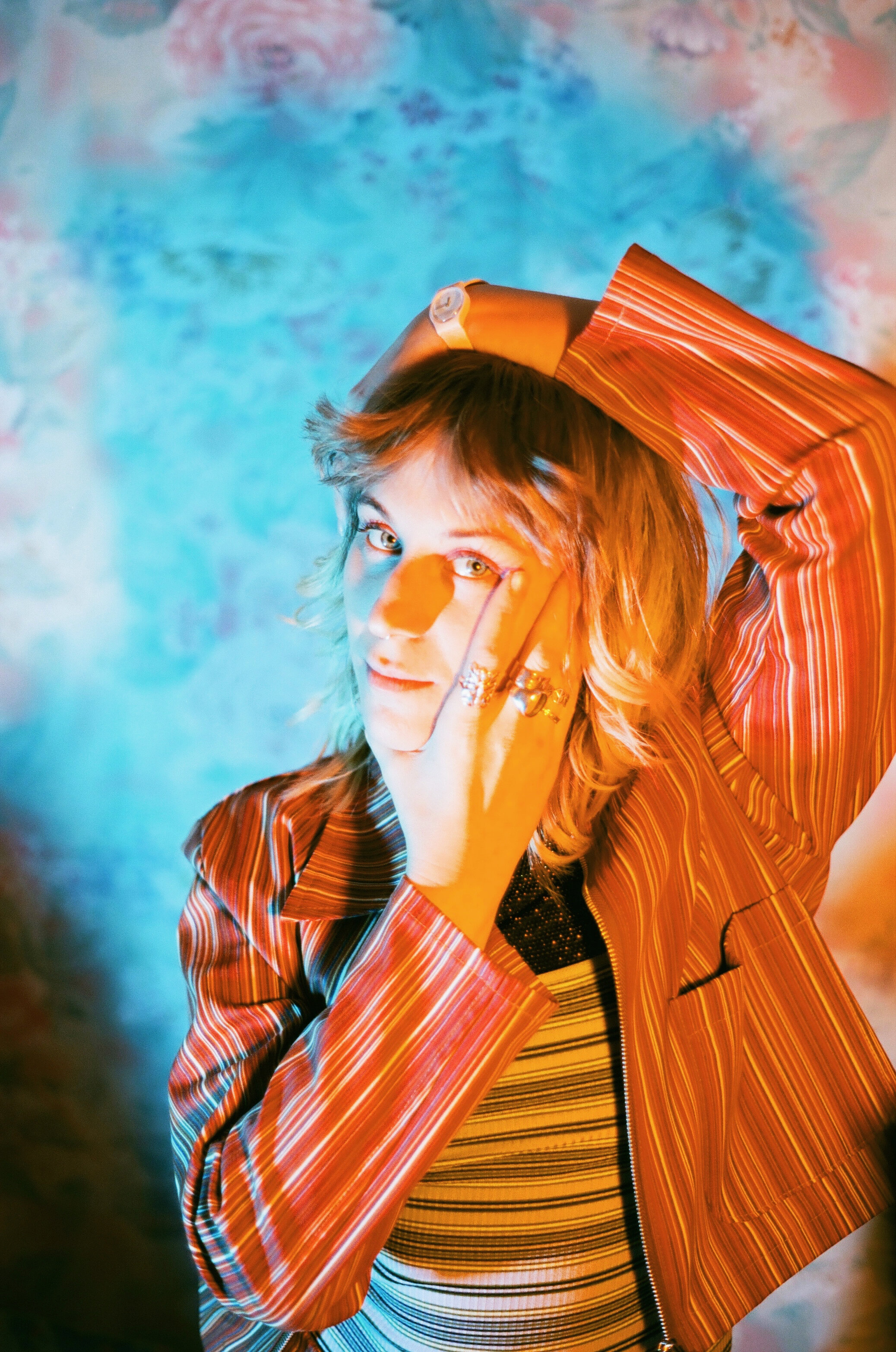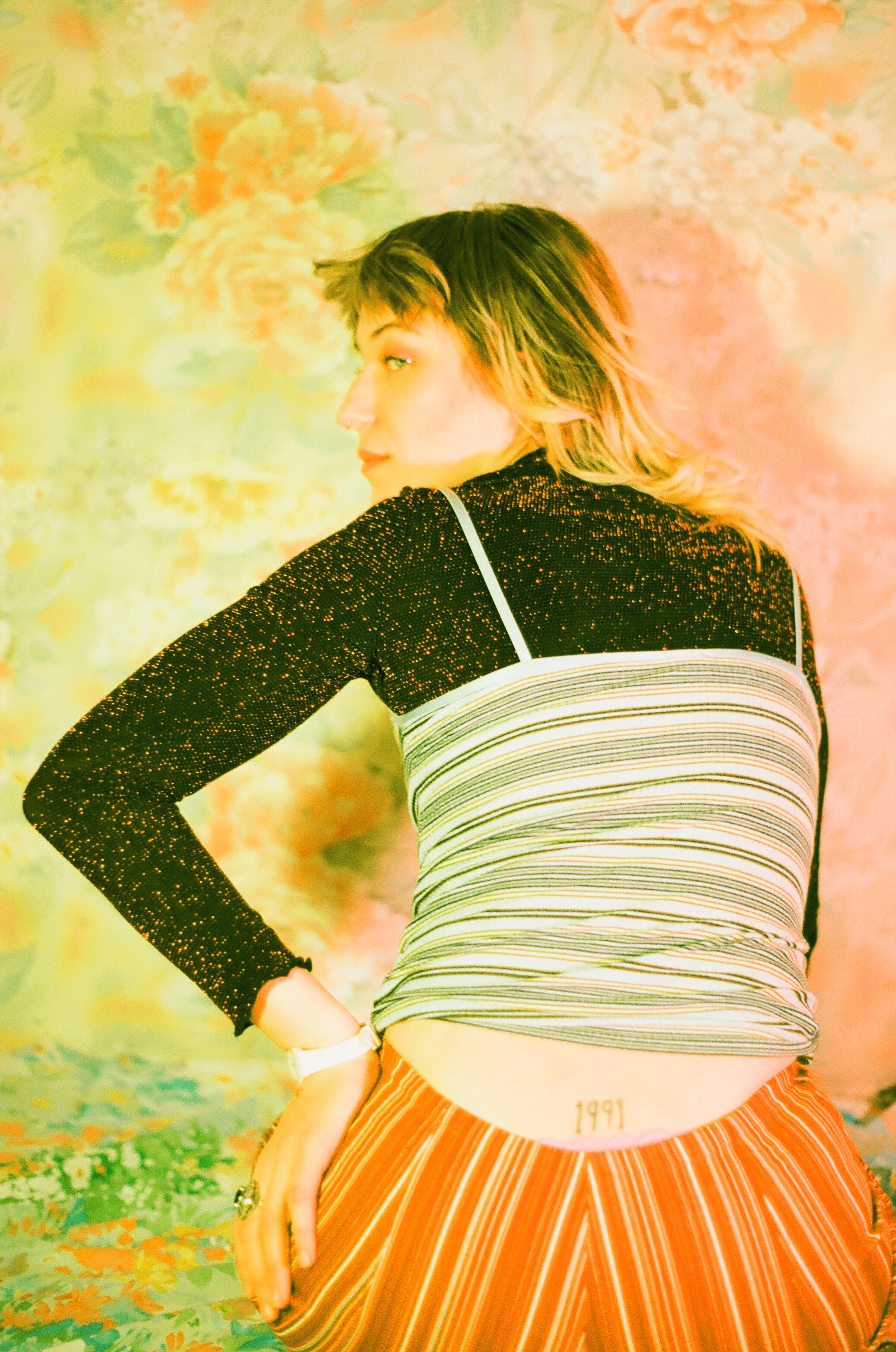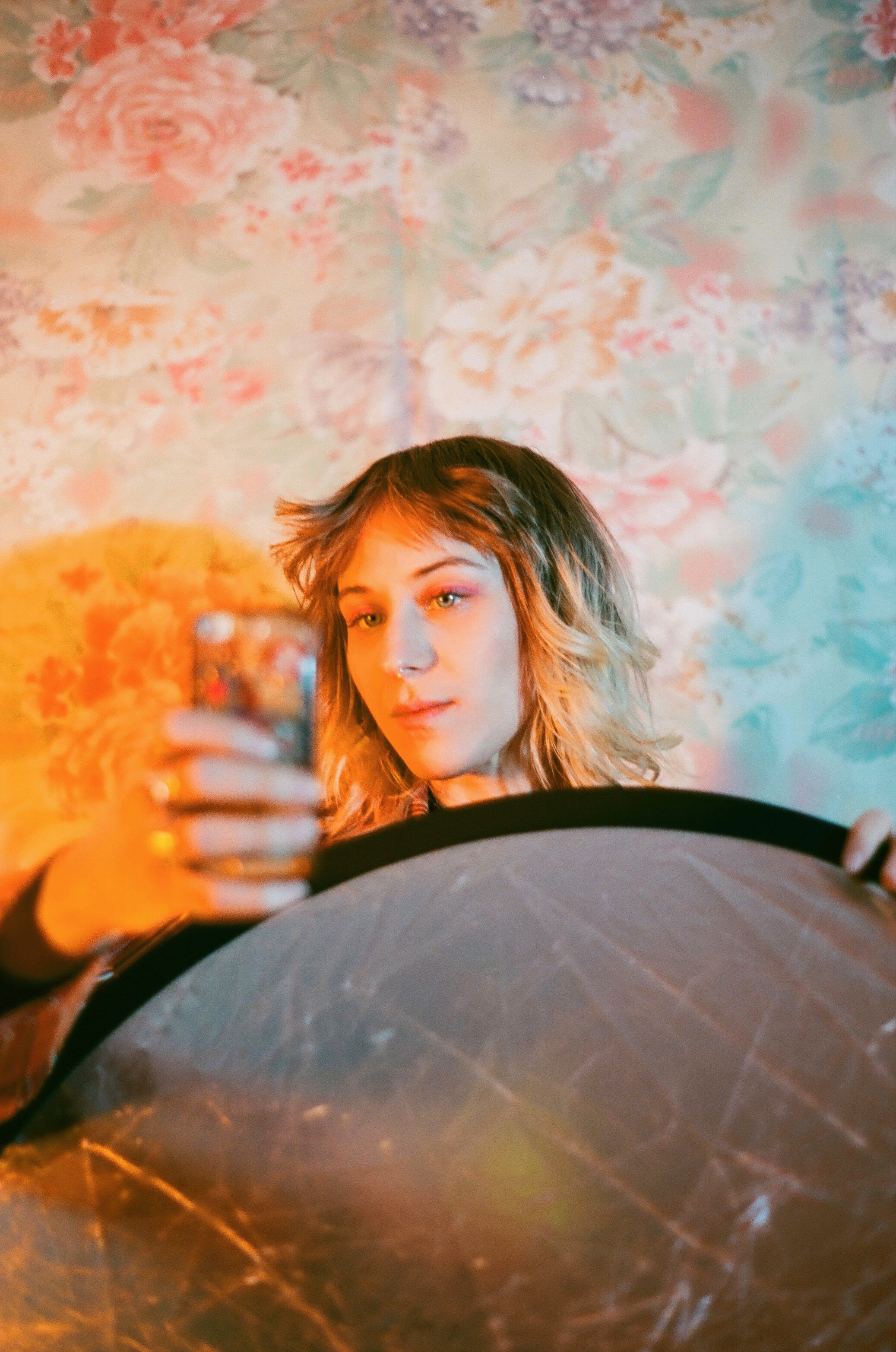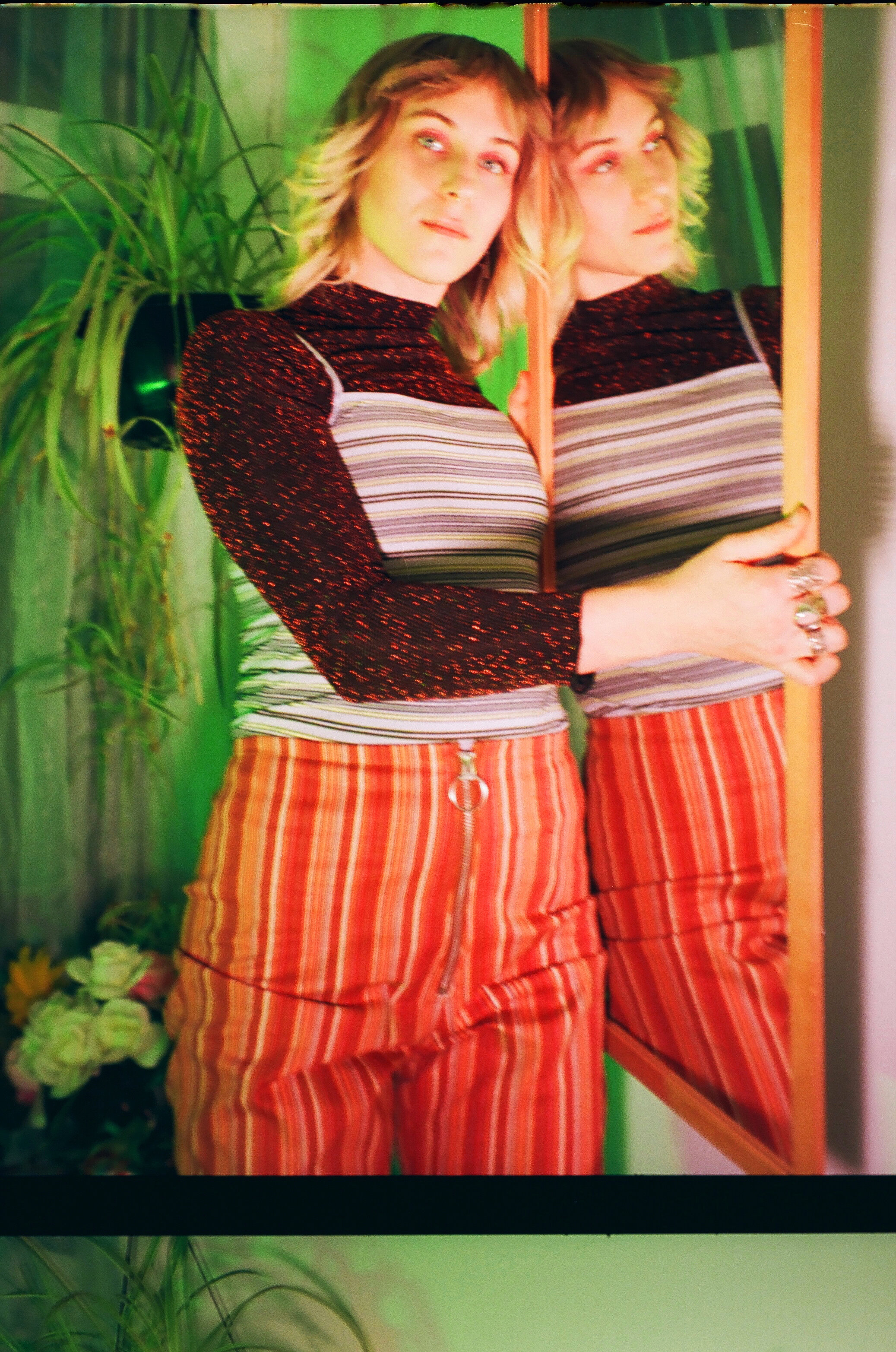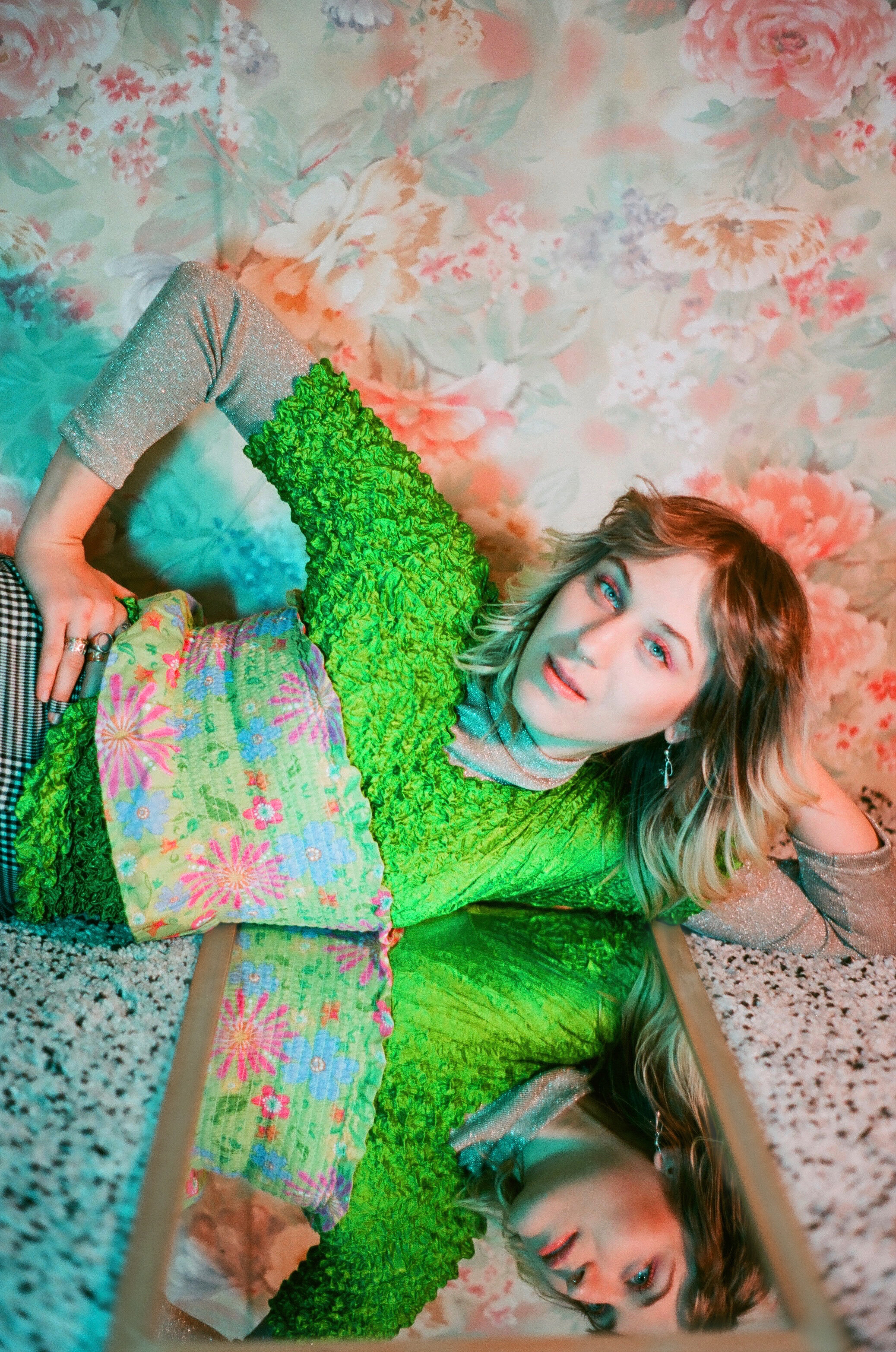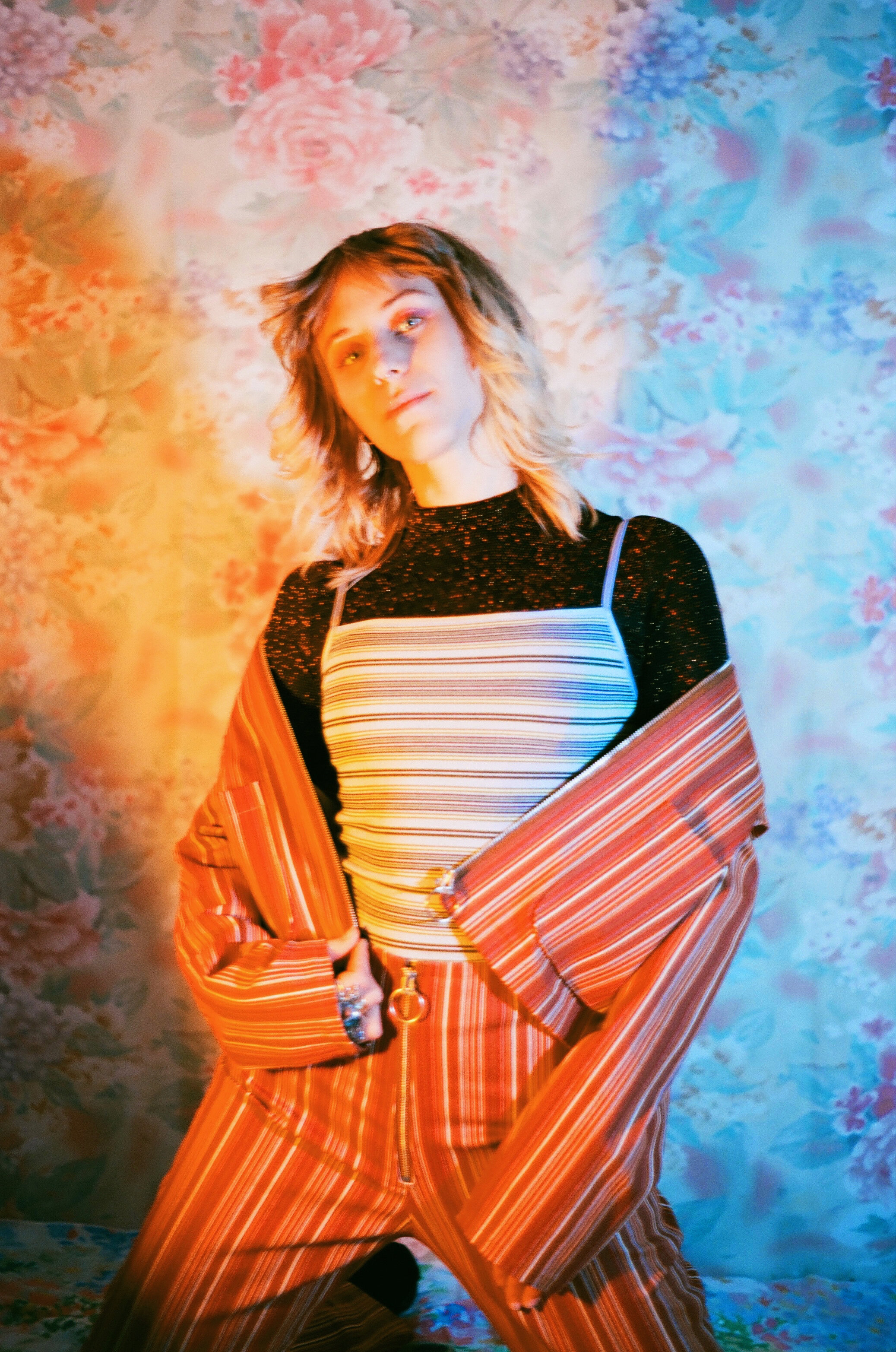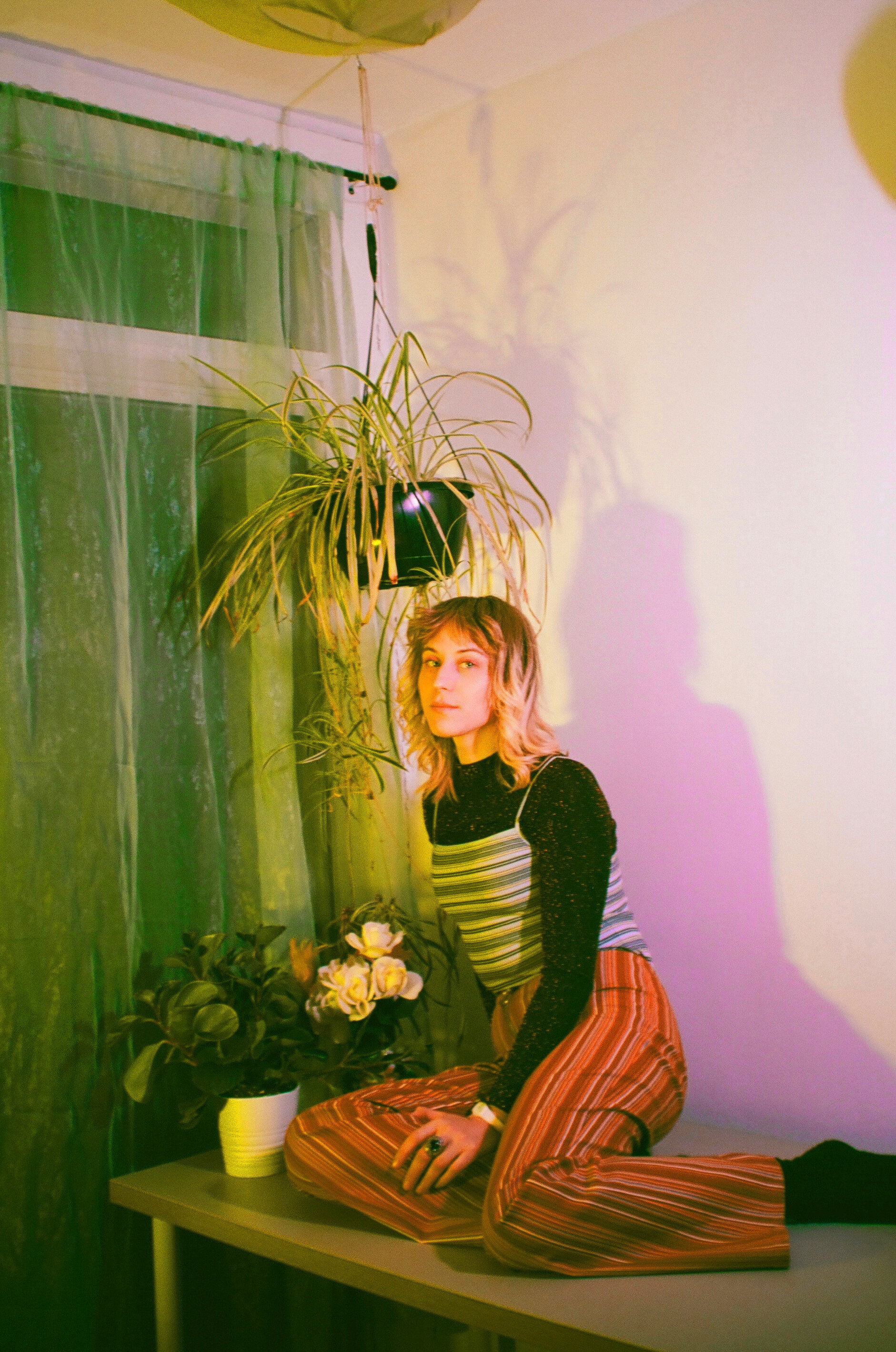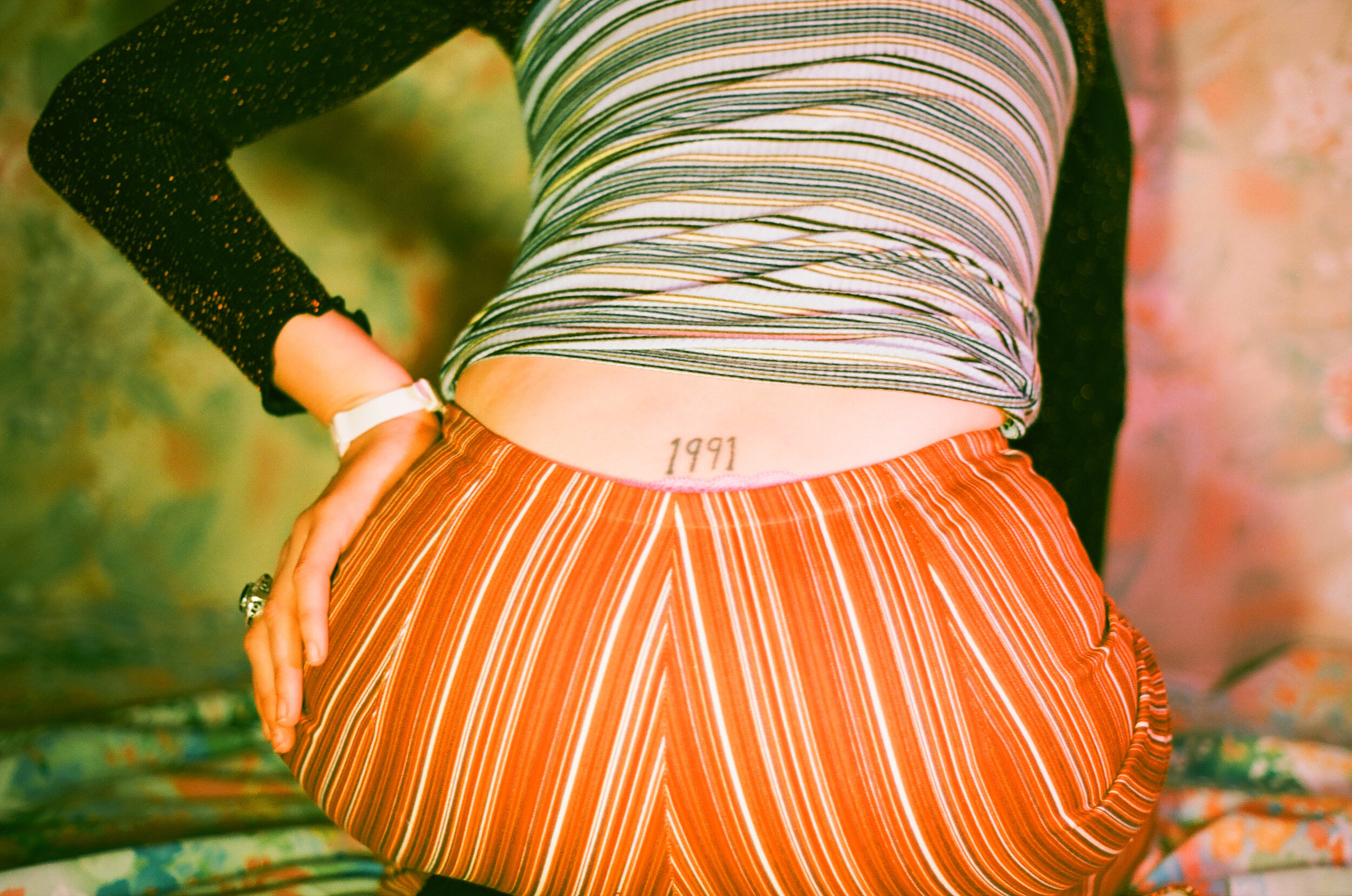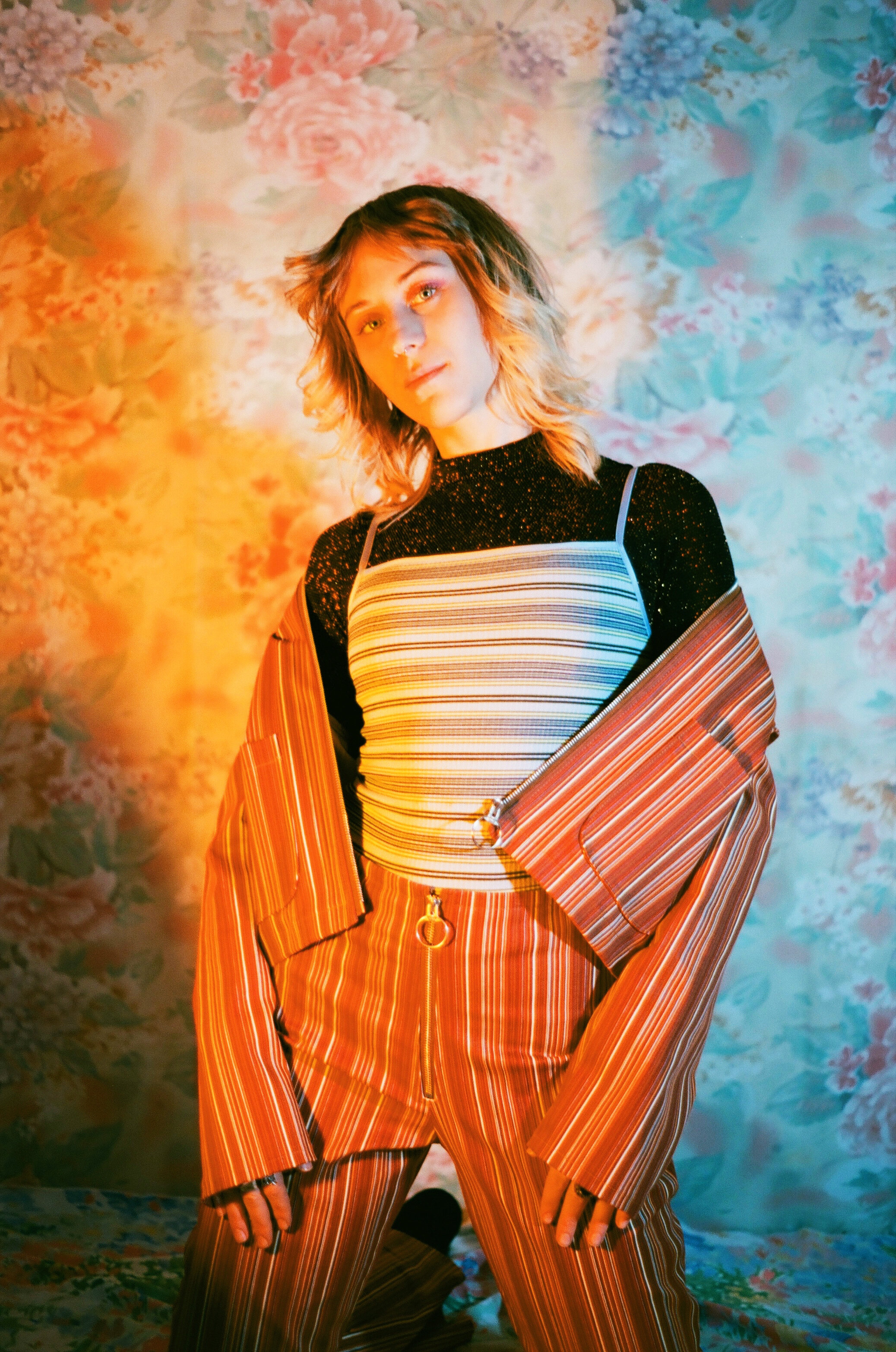Andrea Turk & Janelle Brosnan Wish You Good Karma From Their 8Bit 80s Dreamworld
Still from KARMA provided by Janelle Brosnan & Andrea Turk
There’s nothing better than seeing someone getting the karma they deserve, whether it be good or bad. We chatted with up-and-coming artists Andrea Turk and Janelle Brosnan about their collaborative music video for KARMA featuring Prince Husein.
They shared their creative journies with us, from Andrea opening for The Chainsmokers to Janelle making her media for Bank of America in downtown Los Angeles at the age of 14. These girls are killing it, and if you don’t know who they are, you do now. Oh, and did we mention that they made the video with no budget and an all-female crew?
Read our interview below
Also Cool: Hi Janelle and Andrea, thank you so much for being a part of Also Cool. Can you tell us a bit about yourselves, and what you do?
Andrea: Hey hey! I’m a 19-year-old Indonesian-Croatian singer-songwriter and producer based in Greater Los Angeles. I was born and raised in Jakarta, Indonesia and I started living in California last September when I began my studies at the California Institute of the Arts. Although I major in VoiceArts (specialized in singing), I love to produce and write my own music, as well as creating movies for fun on the side. I wouldn’t be here if it wasn’t for the scholarship they offered, so I’m extremely grateful to be given a chance to collaborate with like-minded creatives who are willing to create art for the sole purpose of arts’ sake.
Janelle: I'm 20 years old, and I grew up in Greater Los Angeles. My family's business is within the entertainment industry, so I was able to understand its intricacies early enough to ruin any aspect of "movie magic." Nonetheless, I've always been obsessed with American pop-culture, which blends into making art.
AC: Andrea, music entered your life early on. To quote you from your documentary, you were singing while doing homework when your parents first noticed your talent, and subsequently enrolled you in music lessons. You’ve since gone on to open for The Chainsmokers, among many other performances and international music workshops. What role does music play in your life now, and who are some of your musical inspirations at the moment?
Andrea: Truth be told, I was a very shy kid. I never thought singing Ed Sheeran’s + and Adele’s 21 alone in my room would lead to the reason why I have a musical career today. Although I pursued all kinds of musical education (music theory, classical singing, mixing/mastering, etc.), I knew that the only way for people to really recognize my music was to land gigs and collaborations.
I can never be more grateful for all the opportunities that were given to me, from opening for The Chainsmokers, to winning a songwriting competition in the U.K., to launching a charity concert for a local cancer organization, and finally performing at the Palace as a soloist for Indonesia’s Independence Day in front of everyone, including the President, on live national television.
It’s been a daze ever since, and I don’t see my life purpose being anything else other than creating music. It’s funny because I’ve always dreamt of being a doctor. As extravagant as it sounds, helping people is the only thing that I care about. I’m glad that my music has made this possible. My musical inspirations change from time to time, but Billie Marten is still my main muse for songwriting. Finneas is also a pioneer for when it comes to music production, and Lolo Zouaï’s aesthetic as an artist inspires most of my outfits.
Still from KARMA provided by Janelle Brosnan & Andrea Turk
AC: Janelle, tell us a bit about your work as a director and editor. Where did you learn how to produce music videos? Did you go to school for production, did you DIY everything?
Janelle: My first job as an editor was when I was 14 years old, making media for Bank of America in downtown Los Angeles. In high school, I had the privilege of taking film and theatre classes, where I learned how to direct actors and build sets. Theatre is also where I started doing photography when my classmates needed new headshots. I started carrying a camera around school every day, and found it to be so instantly gratifying.
Post high school, I didn't have the grades, nor did my family have the money to send me to a UCLA or USC program. My declared major in community college was film. Half way through, I realized I was nowhere near graduating, and there was no fucking way I was going to pay to take more general education classes I didn't want to take in the first place. I had a kind of "fight or flight" panic episode and applied to two art schools that I hoped would serve as my way out. Thankfully, I was accepted to both with scholarships, but chose to go to the one conveniently located 15 minutes from my house, CalArts.
The toss up here is that I applied for their "Photography and Media" program, instead of film, because I was more confident in the less competitive program to help me escape the sinkhole of community college. My plan was to go in as a photographer and finesse my way into using all the film school resources. Only God knows how that is exactly what I managed to do. During my first year, I met sweet princess Andrea Turk and the rest is history!
AC: Let’s talk a bit about the animation aspect of the music video. How did you settle on the Mario-World aesthetics? Can you tell us a bit about the animator? Janelle, how did you find balancing the live-action footage with the animation?
Janelle: When Andrea asked me to make a video for her, I felt it was the perfect time to strike with a professional directorial debut. The electronic sounds bites in the very beginning of the song immediately reminded me of the older Nintendo games I would play as a kid. The extension of this concept led to the use of primary colors, block shapes, and late 80's costume.
Every set piece we bought for the video was from our own pockets. We spent hours painting the red and white checkered backdrop, cutting and sewing hoodies, and begging our friends to assist on set. The key ingredients came together when I asked my best friend and sister, Summer Wagner, to co direct as a way to mentor me through a professional set. Summer then brought on Alissa Rooney, a cinematographer from Orange County who was willing to help me take the video to the next visual level. Both these women helped me for free, and taught me more than what I had ever learned in school.
The final piece of this DIY journey was my friend, Gabe Wooden. The very first time I met Gabe, he was sitting on his computer animating on After Effects. I asked him if he knew how to do pixel animation, and he quickly pulled up a reel that was strictly pixel animation. After showing him Andrea's song, we began the three-month journey of me explaining my vision, and him executing it above and beyond. He understood what I was trying to achieve and believed in me enough to put in hours of his time to help it materialize. I think I pushed Gabe to his limits more than anyone else on this set, and I thank him for not only being a reliable artist, but an amazing friend.
Behind the scenes of KARMA, photo provided by Janelle Brosnan & Andrea Turk
AC: What was the inspiration behind the video, both visually and conceptually. The hazy, yet colourful aesthetics are nostalgic but very on trend at the same time. I particularly loved the makeup and how the shots were framed.
Andrea: When I pitched the idea of doing an animation for Prince Husein to Janelle (since he’s based in Jakarta and there was no way that we could shoot him), she instantly had a vision for it to be this retro Nintendo game vibe that thrived in the 80s. That concept inspired the whole video’s aesthetic, and we made sure that every little detail looked like it came from that era. Janelle is also an 80s poster child so it wasn’t hard for us to revive the looks, since her entire wardrobe is retro. As for the hair and makeup, it was all Lindsay and Gio’s magical touch and talent.
AC: Andrea, you’re Indonesian and Croatian, and also have a little bit of Spanish the lyrics of “Karma.” How do you integrate your cultures and experiences into your work?
Andrea: I grew up in Indonesia, and recently I’ve tried to incorporate more of our traditional music into my songs, like the gamelan-sounding melody in my song “Message Unsend” feat. Bagus Bhaskara. The gamelan is such a beautiful sounding instrument (Claude Debussy was inspired by it) and it’s sad to see that not a lot of Indonesian youth want to learn how to play it. I would say I’m a nationalist at heart, and I’ve always been pushing for my generation to have national pride. I think cross-cultural music gives a different flavour to the songs as well. Likewise, this educates others about world music genres without needing to actively search for them, which is something happening in Latin music on a global scale. As for the Spanish lyrics, I’ve always thought it was hot to be able to speak it since it’s such a beautiful language.
AC: You mentioned doing the entire video with no budget, which is crazy because it looks like a high-production ordeal. How did you make that happen, and what would your advice be to others who are shooting their own music videos?
Andrea: There wasn’t any other motive than to create the highest form of art we could possibly make, and I think that’s purely what we did here. Since I’m not signed to any label and I’ve been releasing my music independently, having a strong support system from other artists is the best thing I could ever dream of. When you get the chance to collaborate with such talented individuals, you don’t think about the nominal anymore. At the end of the day, the art that we’re making is what we value more than anything else. For anyone who’s shooting a music video, the sky is your limit. If Janelle and I hadn’t believed in the video enough, it wouldn’t have happened. We kind of used what we had in close proximity and started from there. There’s also no harm in asking help from people when you need it.
Janelle: The only advice I can really give is: THE DIFFERENCE IS DOING IT! You may look at my video, or my photography, or Andrea's song and think, "Well I could've made that," but you didn't make it. We made it, and making it took a lot of fucking effort, but once it's made... it can finally exist. The existence of the art itself helps us claim the title of its creators. . So, if you can do it, why not do it? I'll acknowledge there was a lot of privilege at my disposal, the main thing being my upbringing and the opportunity to attend an art school. However, about 90% of the resources we used were outside of my school’s resources. I'll point out that Lady Gaga's most recent music video was shot on an iPhone. Half the work is getting others who want to create as much as you do, and putting forth the effort to create your united goal.
AC: Do you (both) have any exciting projects coming up? How have you been keeping busy lately?
Andrea: You’re actually the first one to hear about this. I’m excited to share that I’ll be releasing a new single this month, and I’ll definitely be dropping another album this year. I’ve been working with other animators as well to make the visuals, so that’s going to be super fun! Once the pandemic crisis eases down, Janelle was planning to help out with my album artwork, so I’m excited to be working with her again on that. She’s such an amazing partner to work with. Though I’ve only known her for a short amount of time, I’m lucky to call her one of my best friends, especially one who supports me in my music career.
Janelle: Obviously things are very complicated right now, as far as the pandemic, but that doesn't mean we can't use this time to our creative advantage. I've been dedicating more time to exercise my editing skills as well as learning how to animate. As soon as I'm able to go outside, I’ll start shooting again too.
Still from KARMA provided by Janelle Brosnan & Andrea Turk
AC: Last but not least, where can we find you (both) online?
Andrea: You can find me on Instagram and YouTube! Also your online music streaming services, of course.
Instagram I Youtube I Spotify I Apple Music
Janelle: You can find me on Instagram! @janellebrosnan
Thank you everyone for watching and supporting the video! We appreciate it more than you know!
Music video credits:
Artist: @andreapturk @princehusein
Director/Editor: @janellebrosnan
Co Director: @summergwagner
Cinematographer: @alissa_rooney
First AC: @hunter_drones
Animation: @_mastergabe
Gaffer: @austin_bland
Makeup: @giovanni.rubio.mua and @lindsayreneebeauty
Wardrobe: @janellebrosnan and @angelo.numa
Extras: @peytonkileysaige @genevieve_garcia_ @jamespaulsklena @donovan.darko
PA: @ratenamer @pepiandthecreatures
Song credits:
Composed by Andrea Turk and Prince Husein
Produced by Andrea Turk
Mixed by Indra Qadarsih
Mastered by Chris Gehringer at Sterling Sound, New Jersey

















